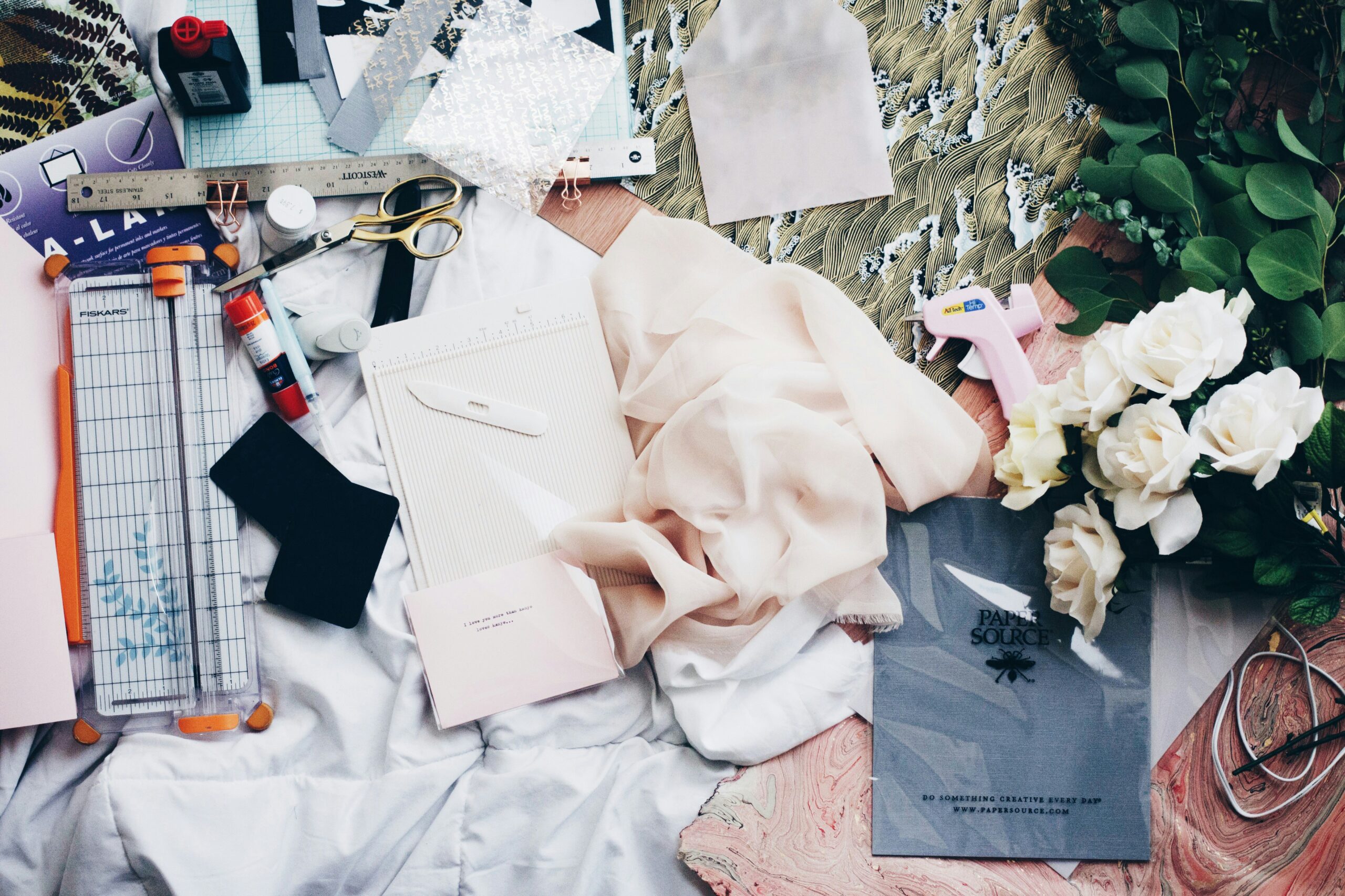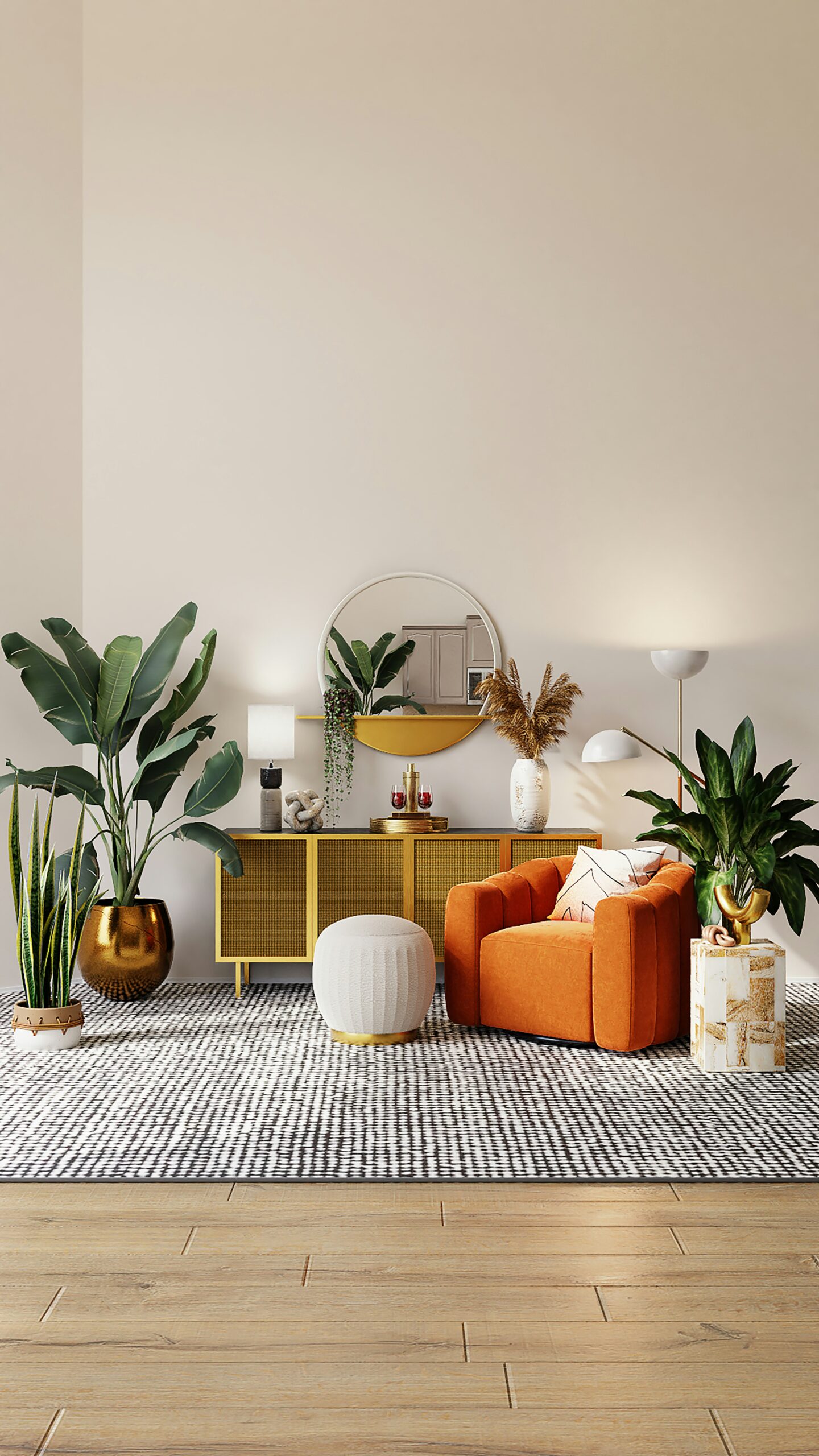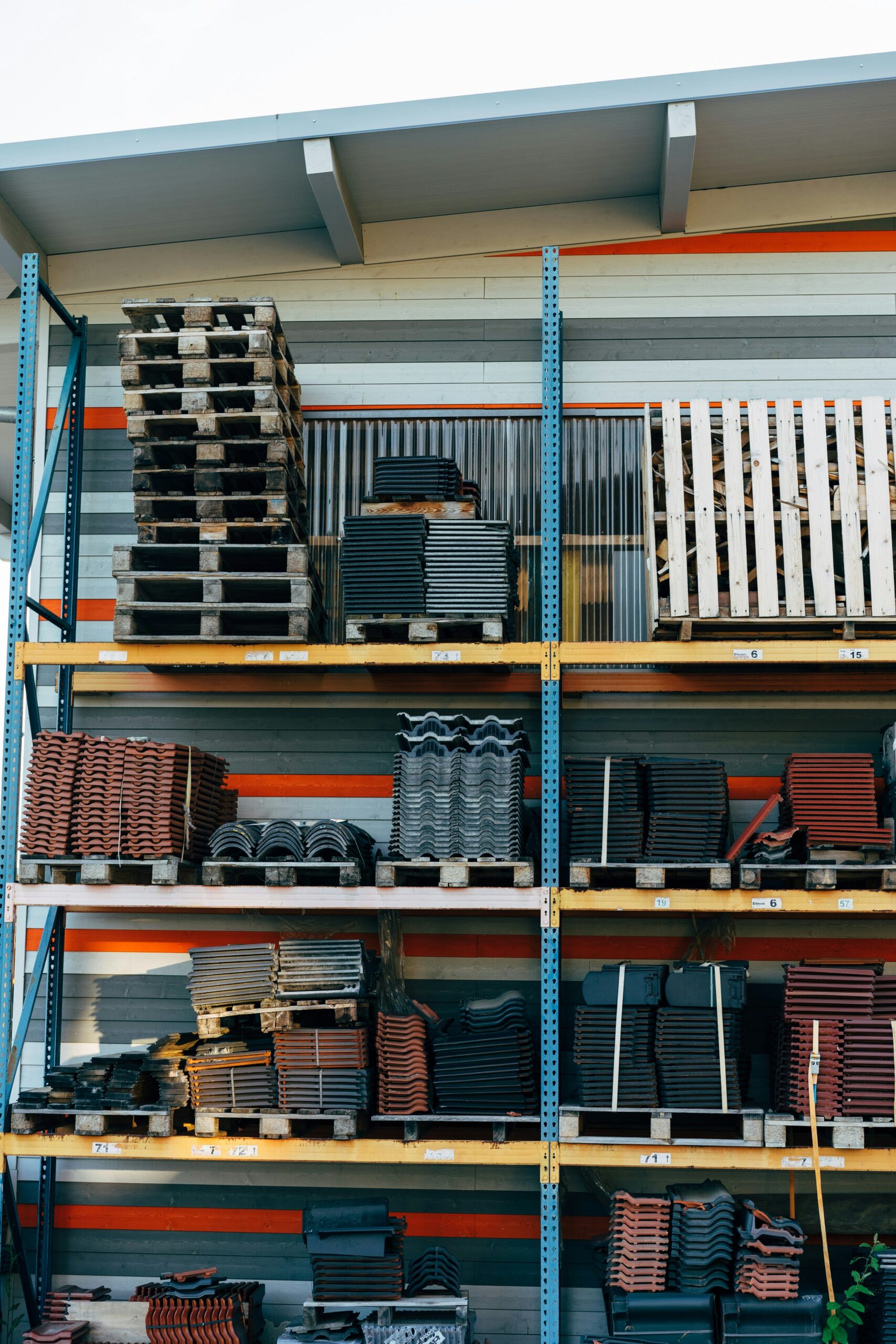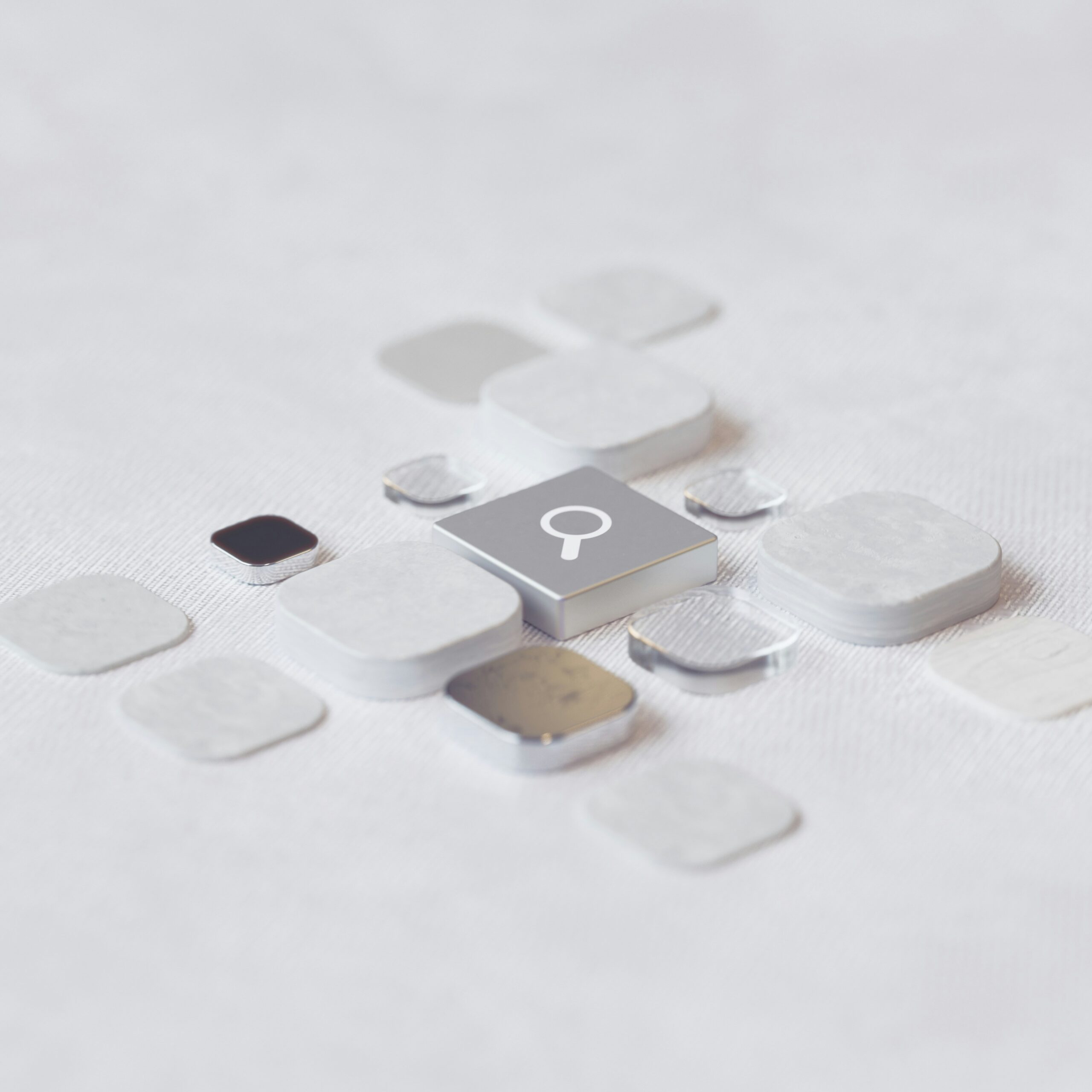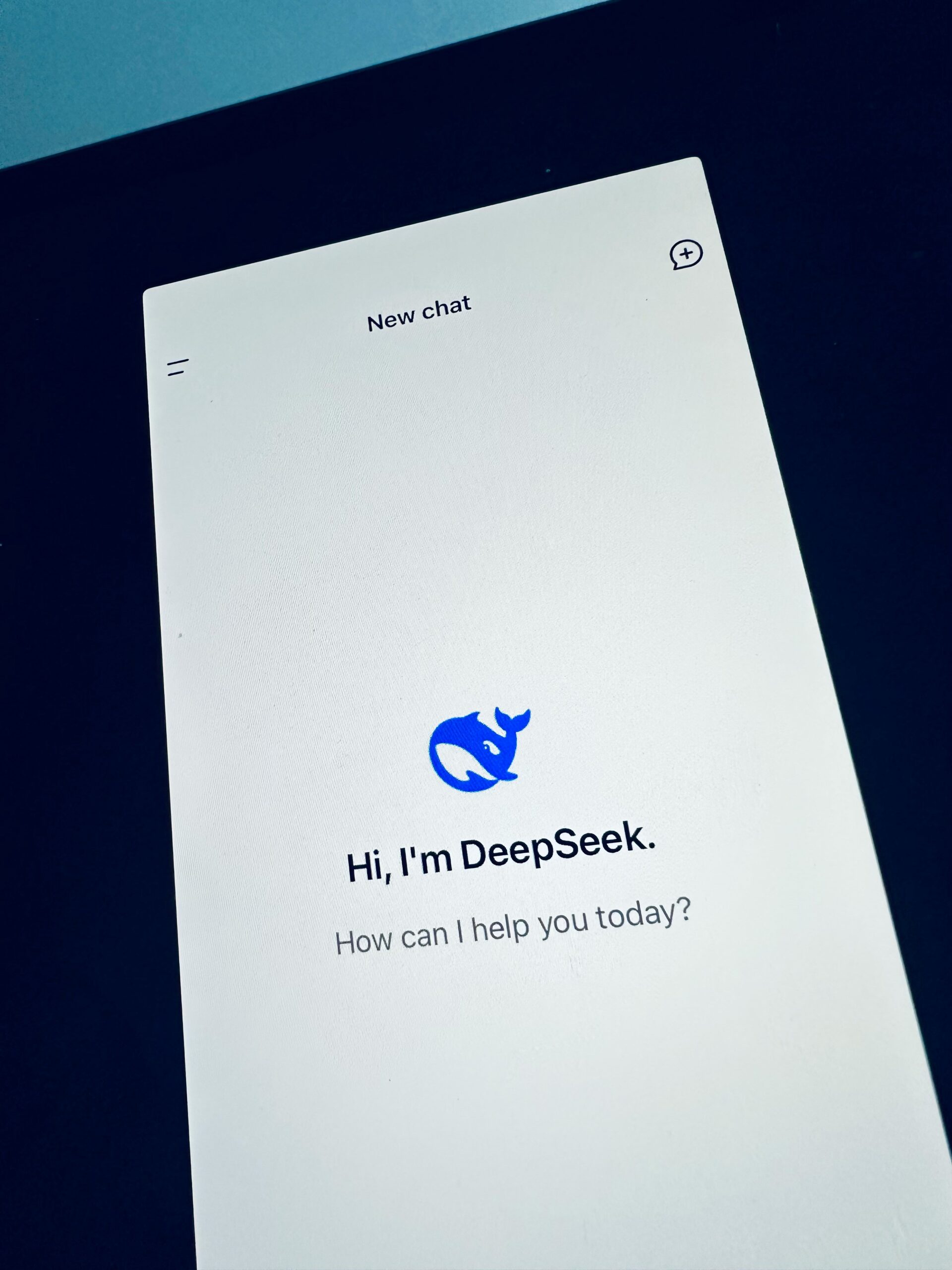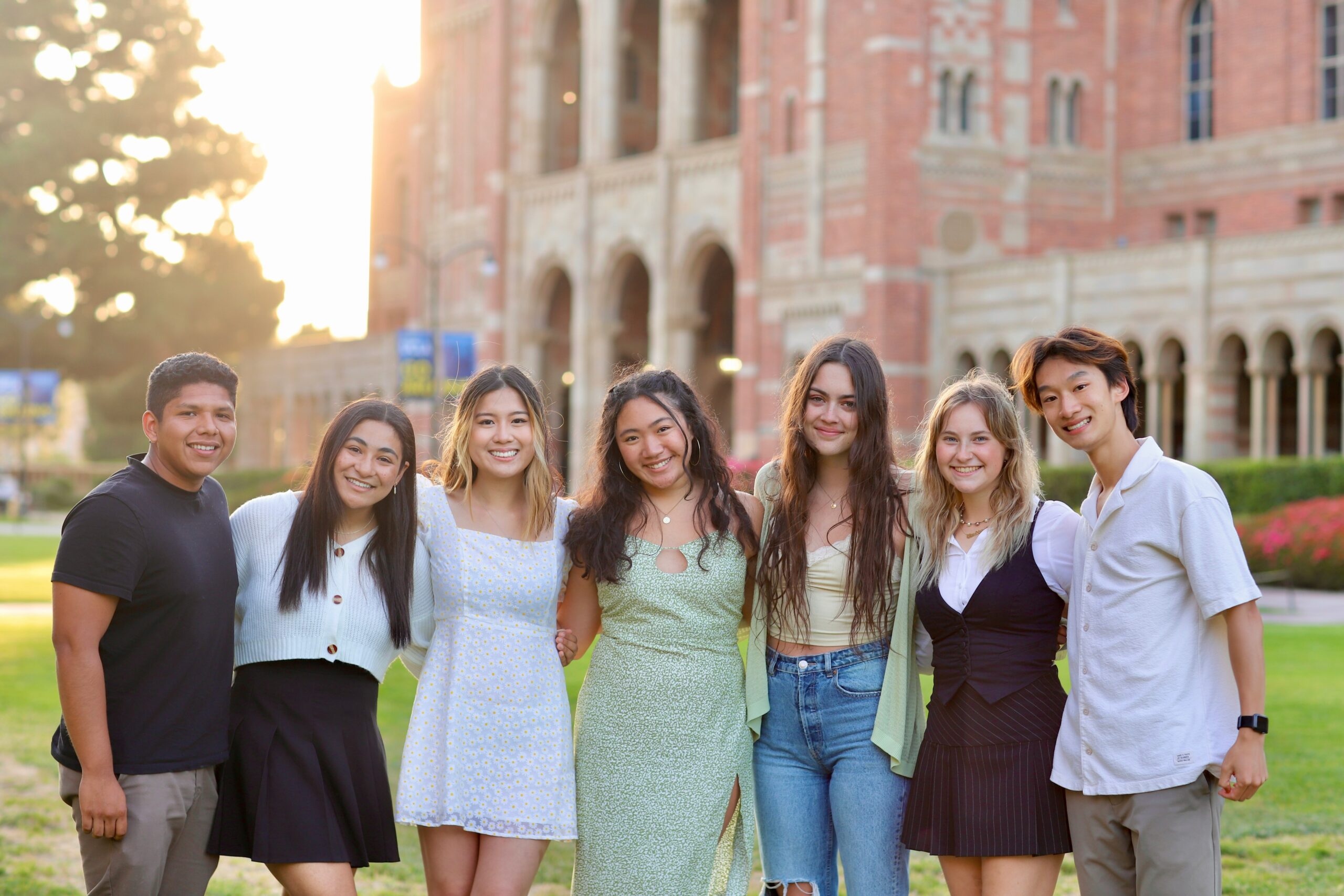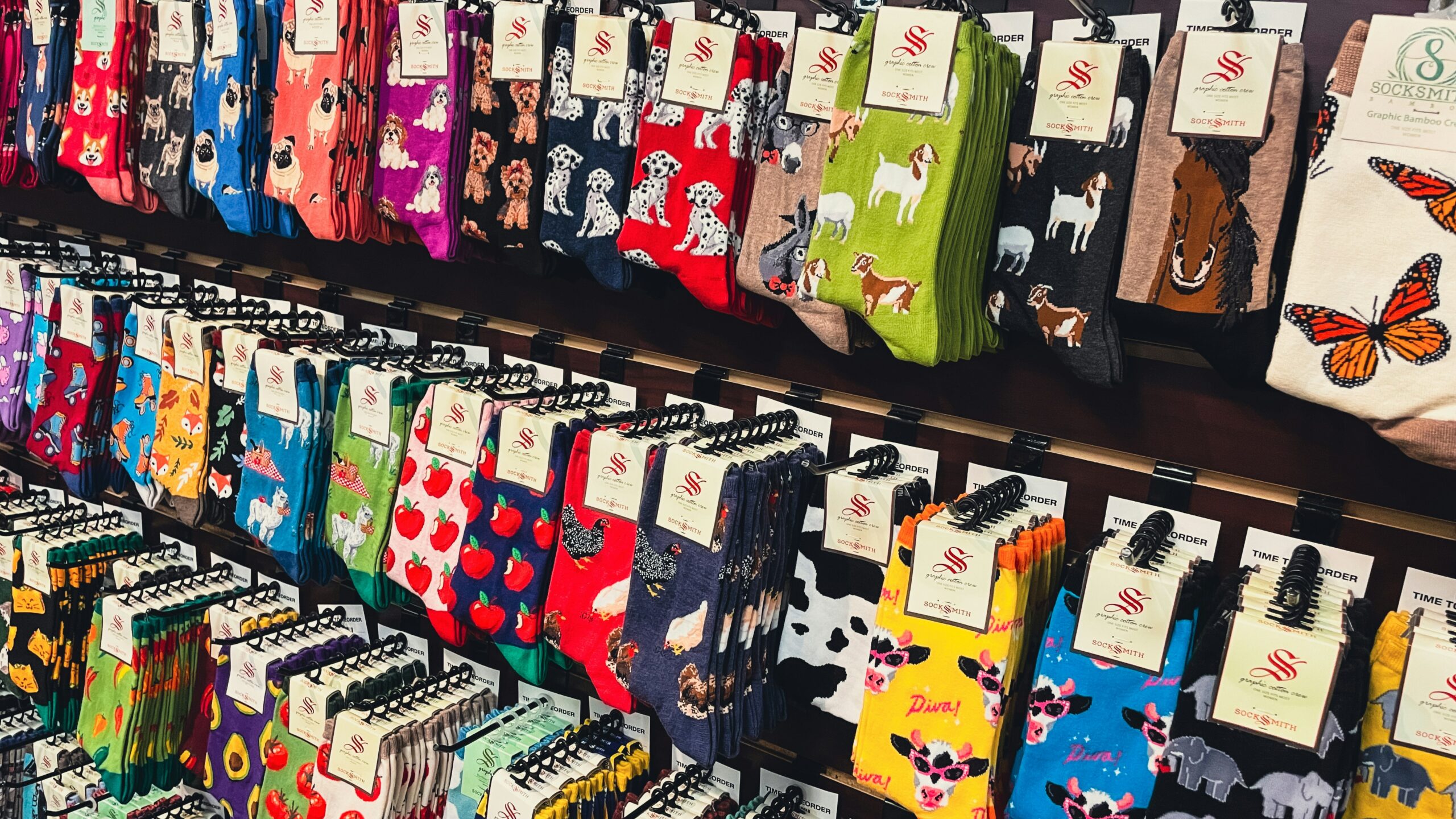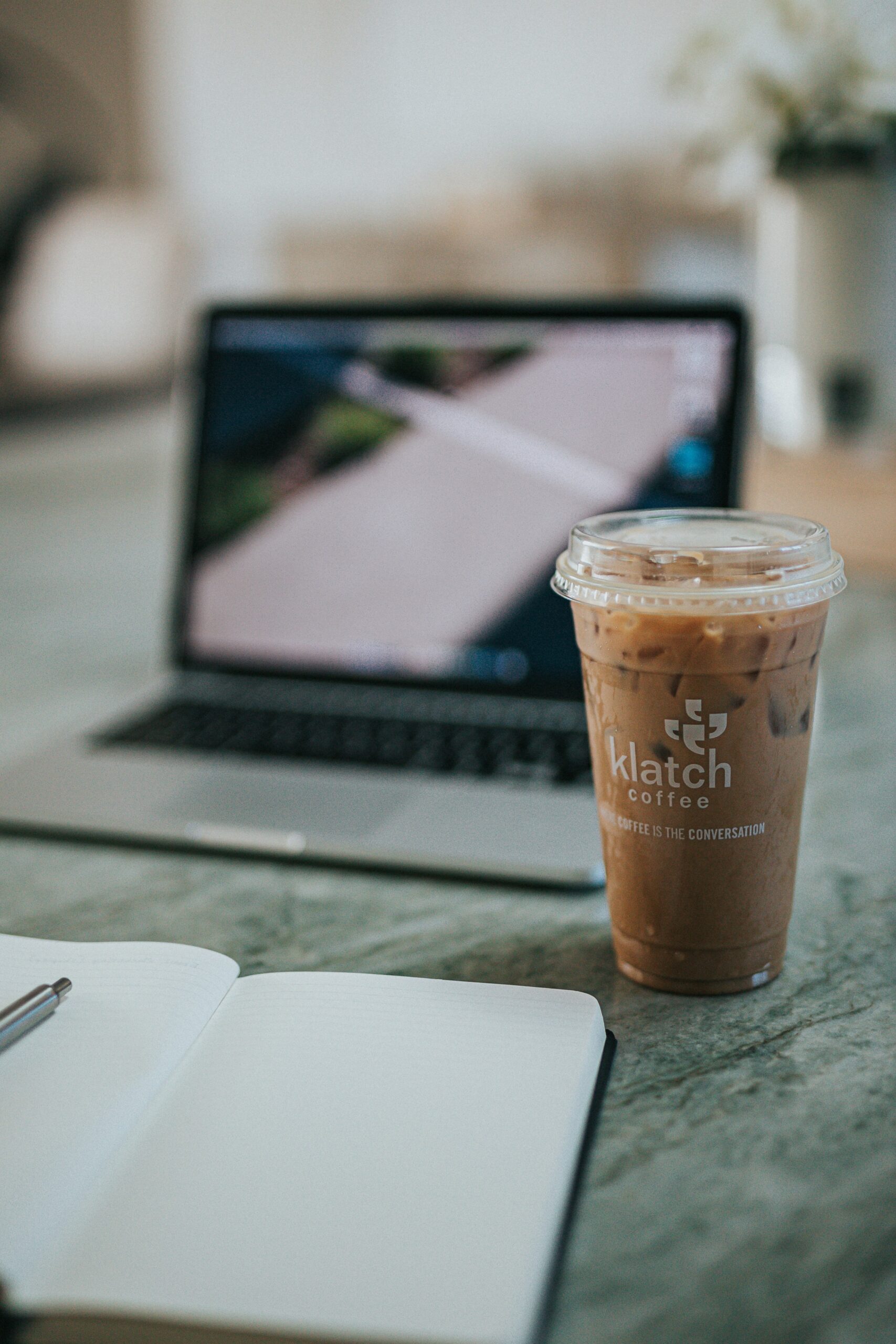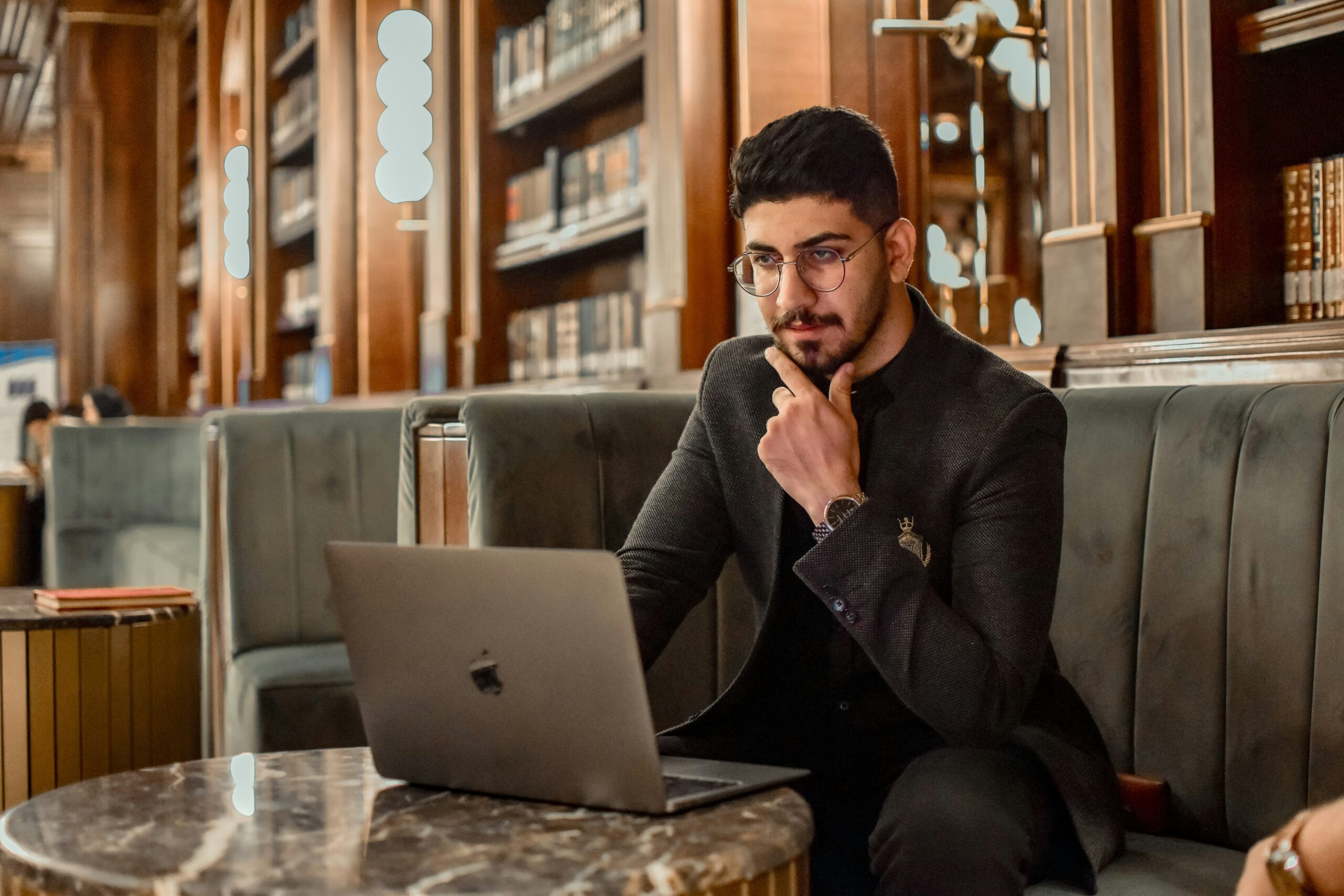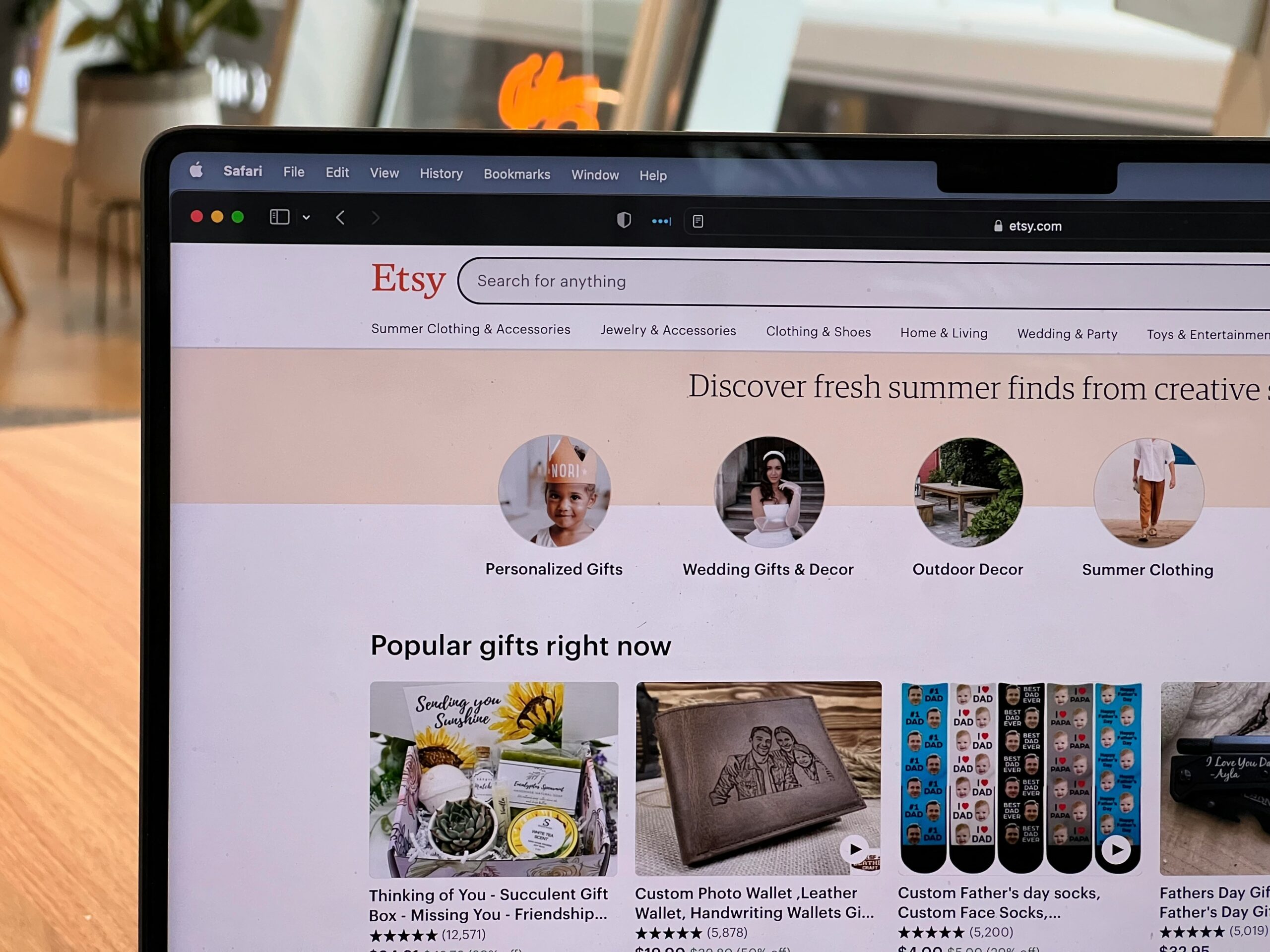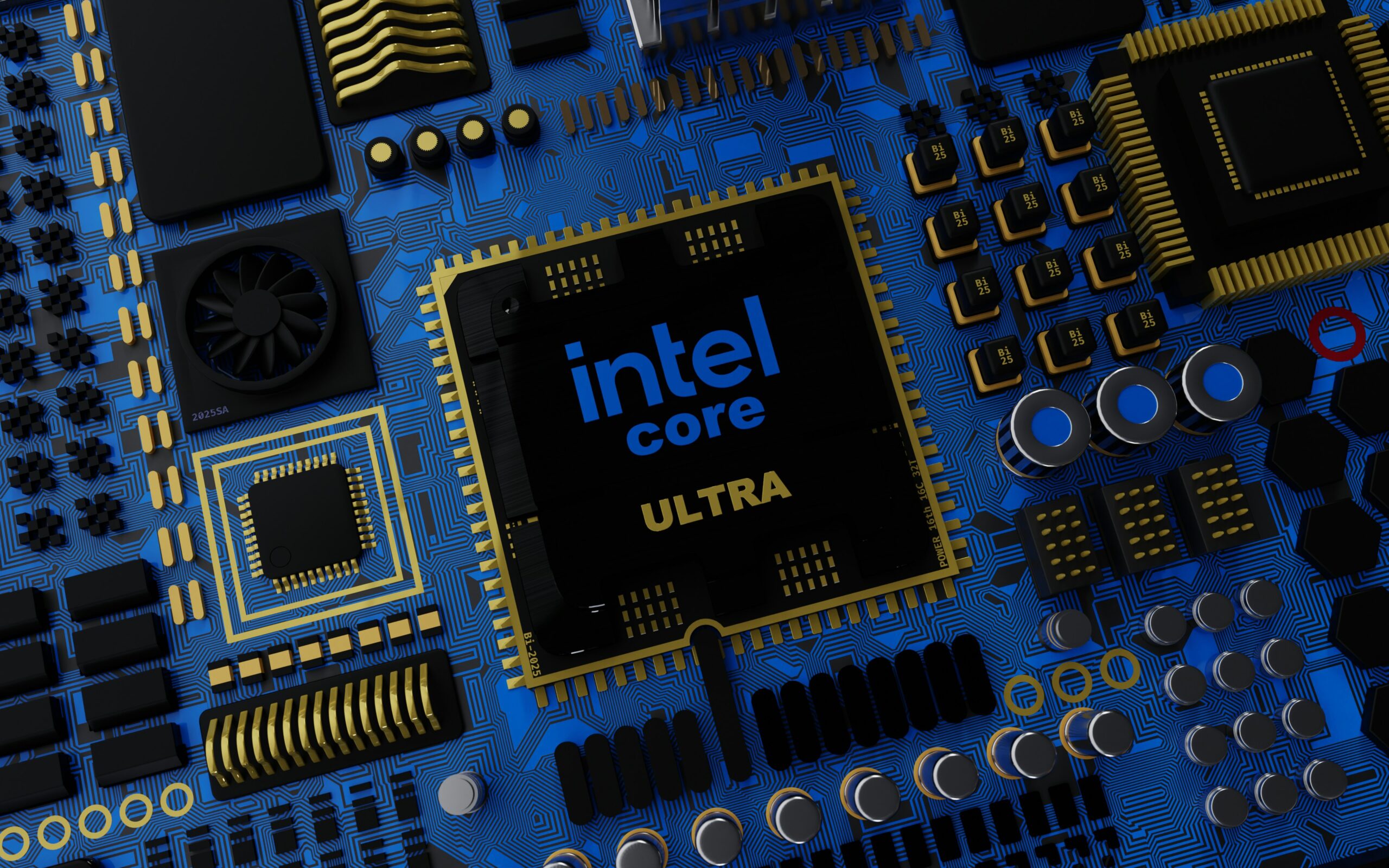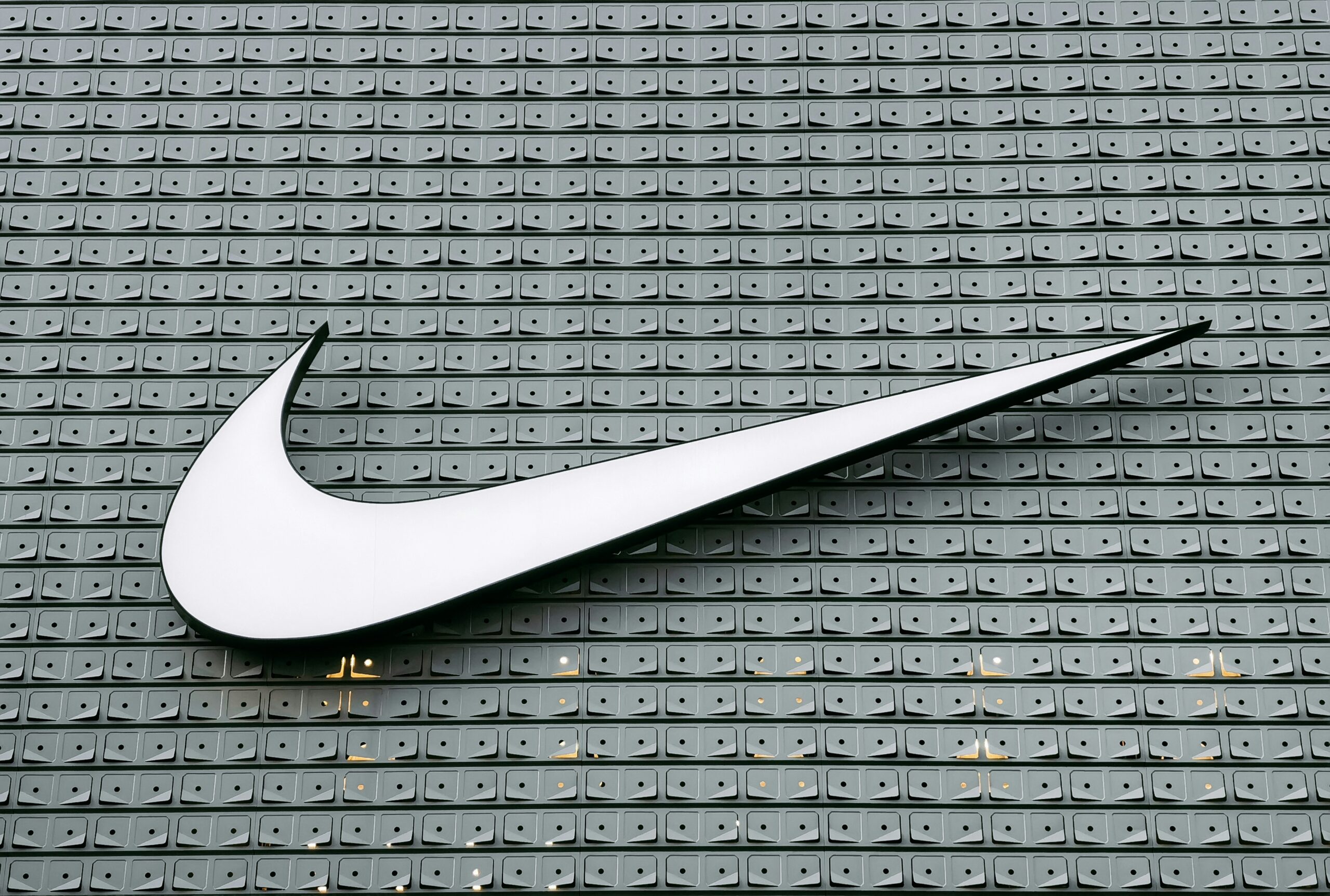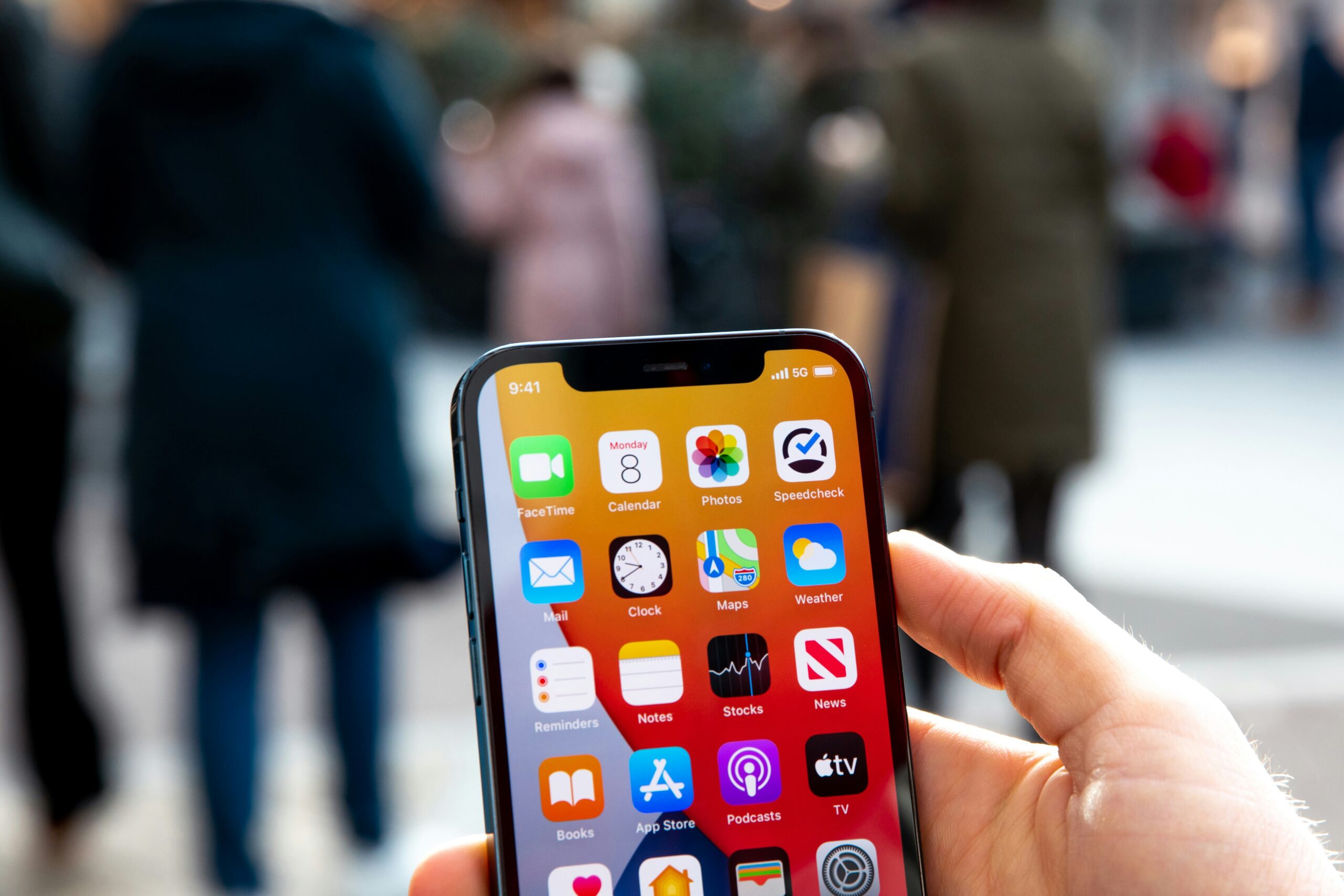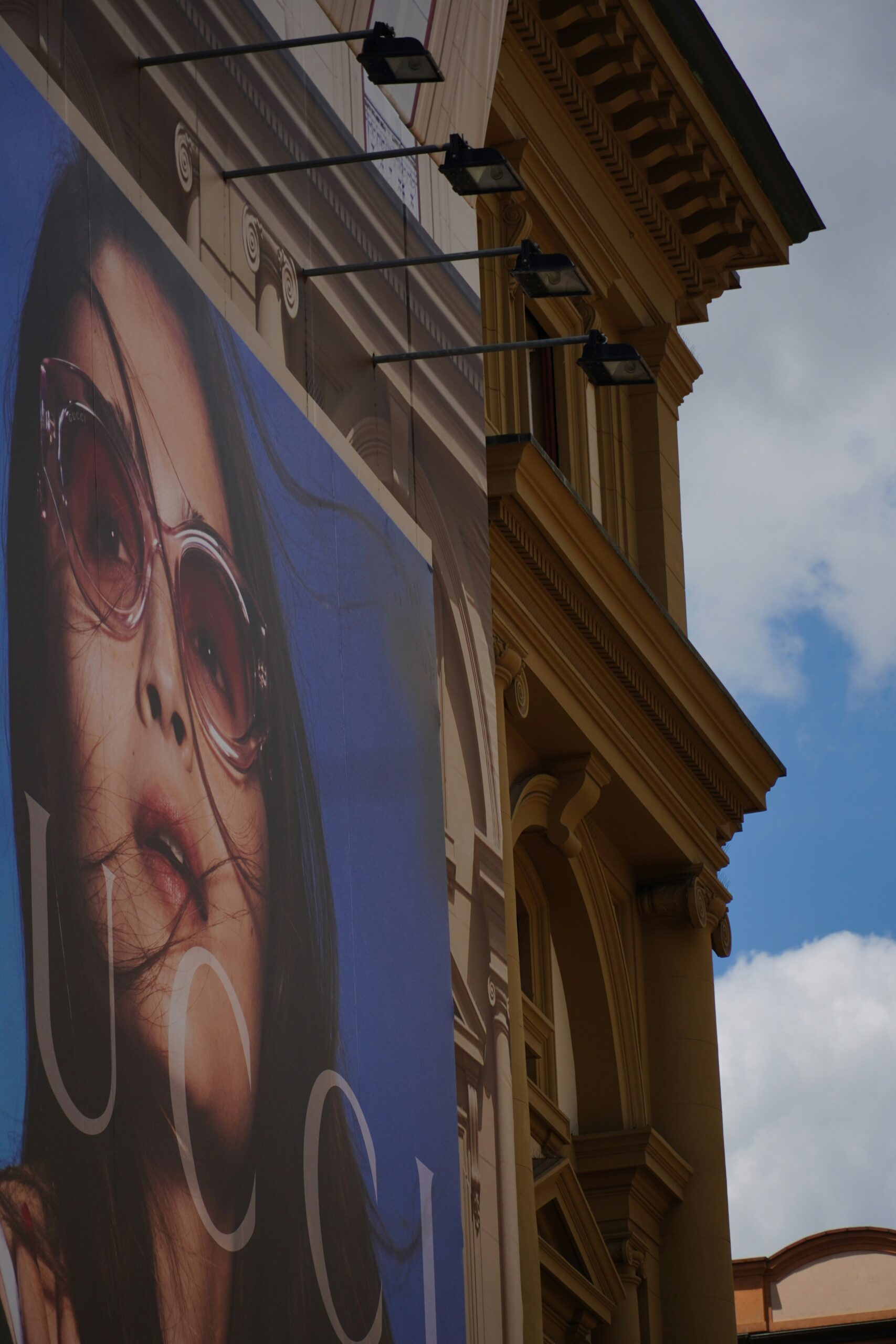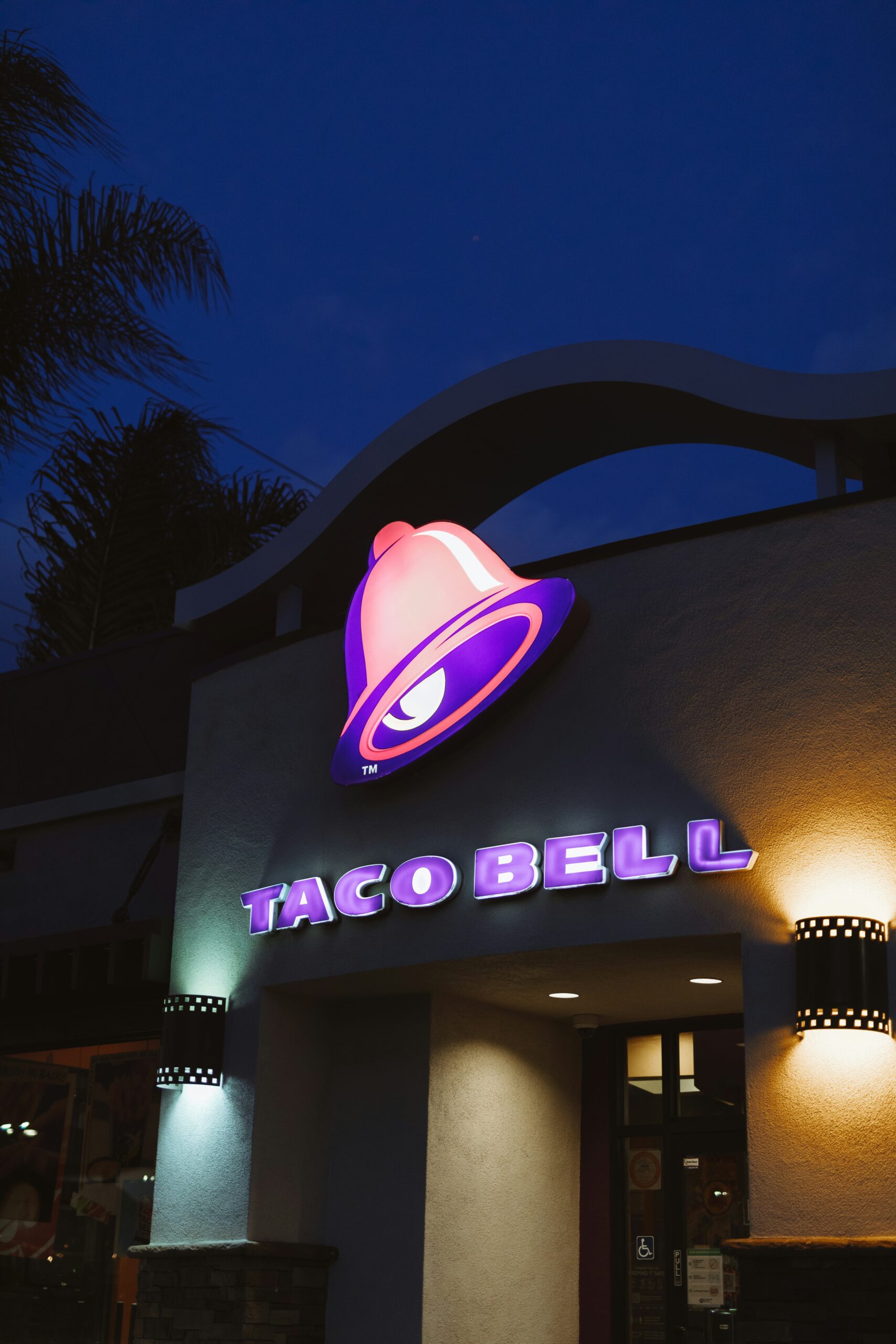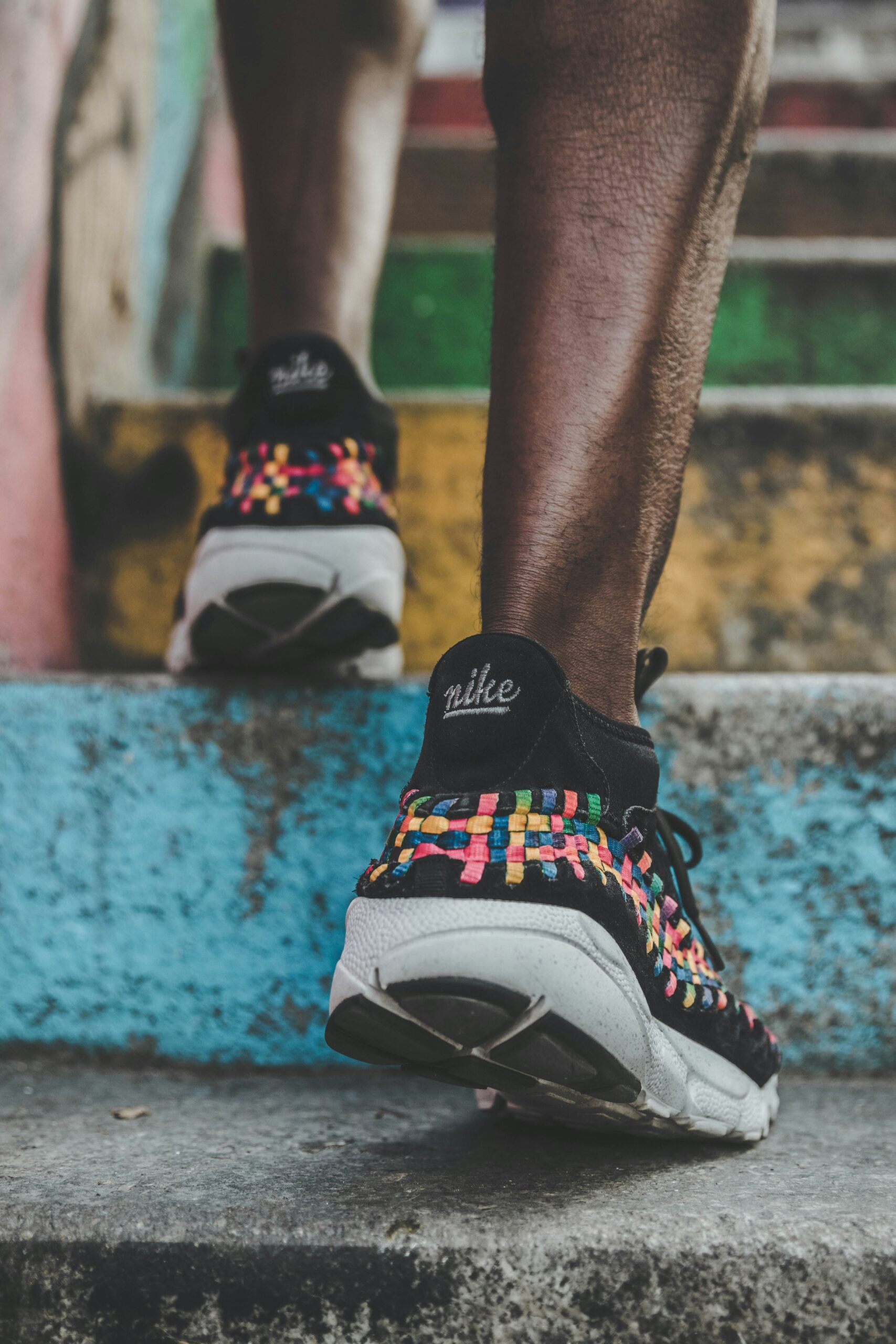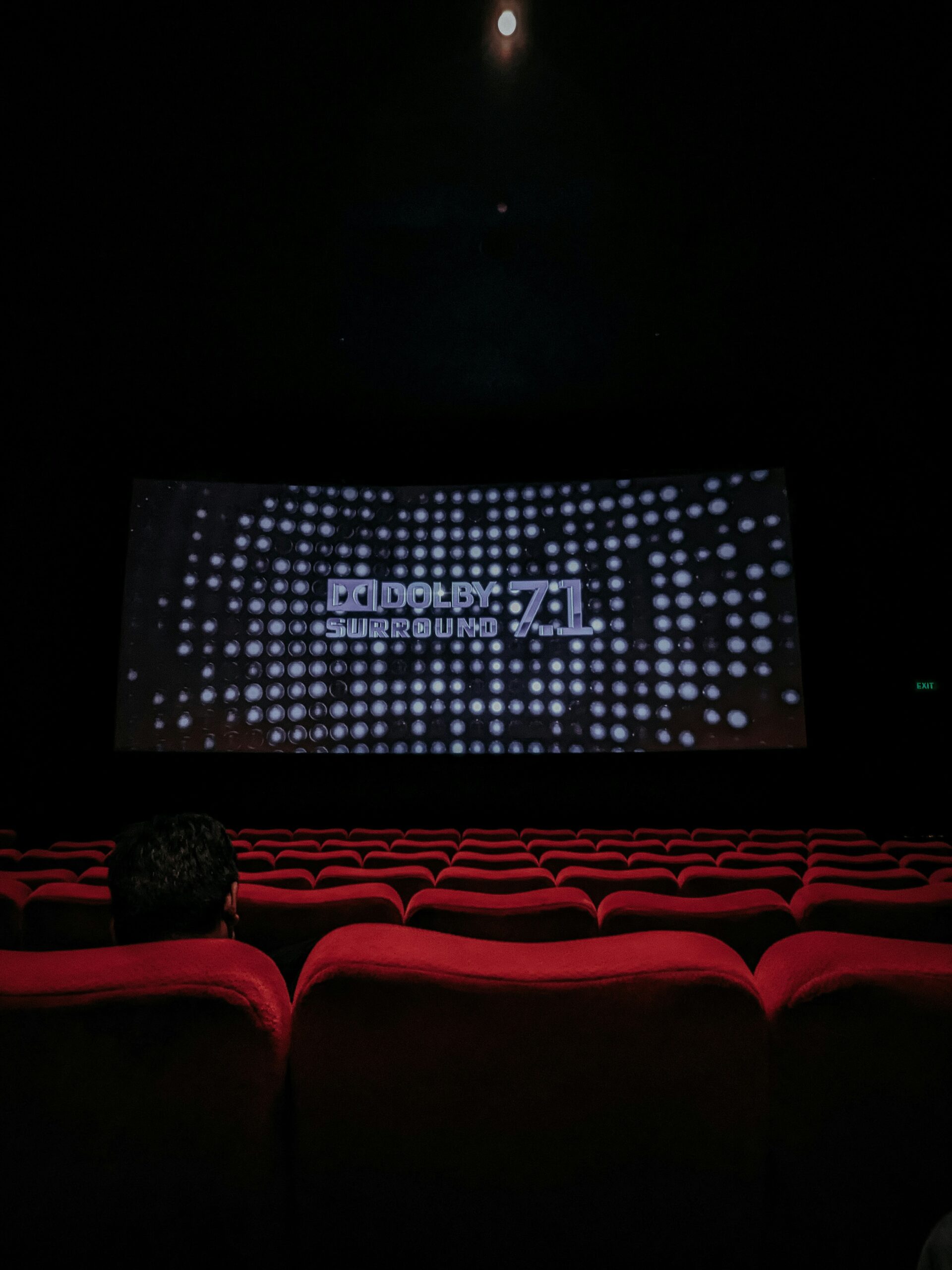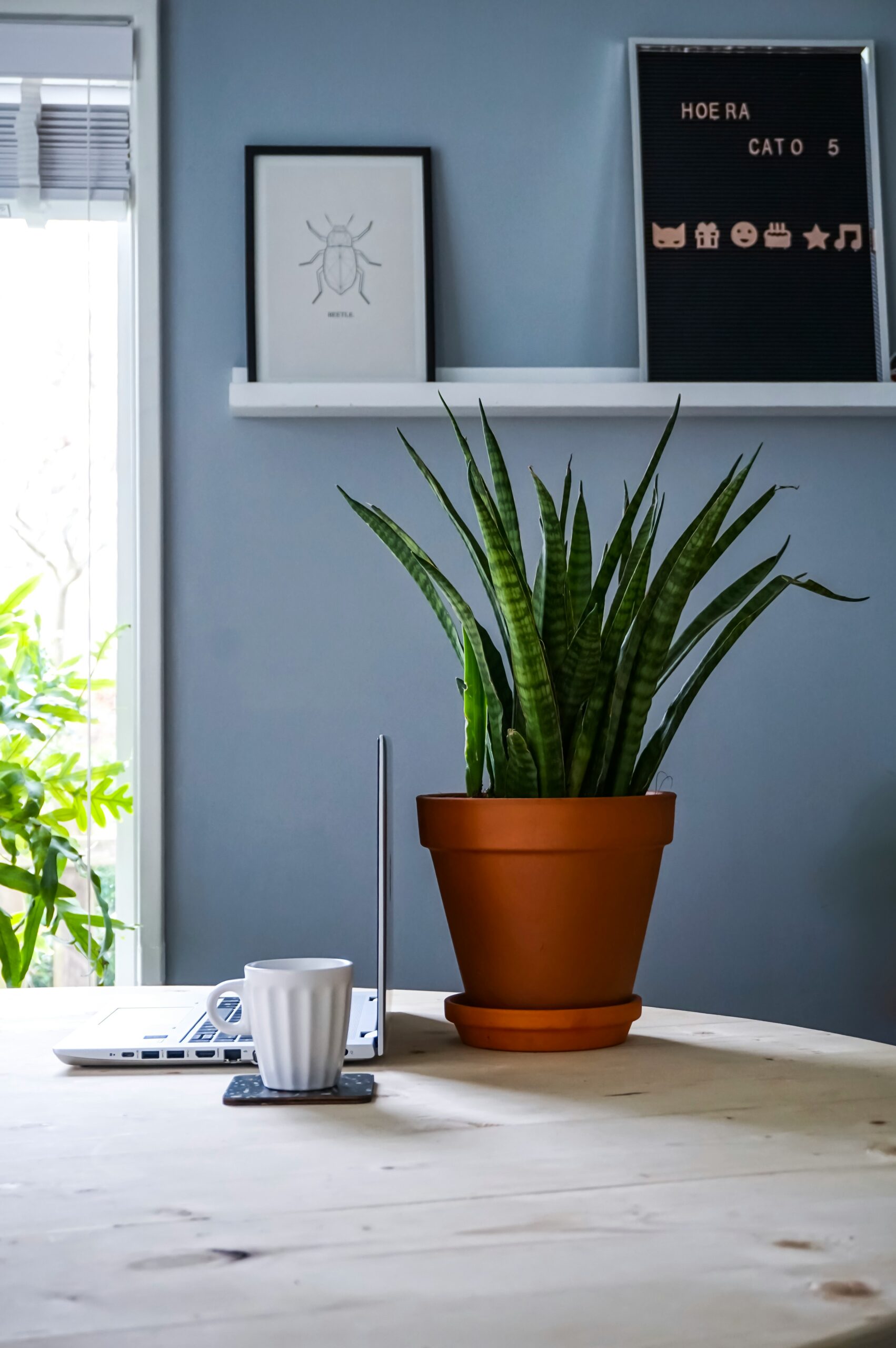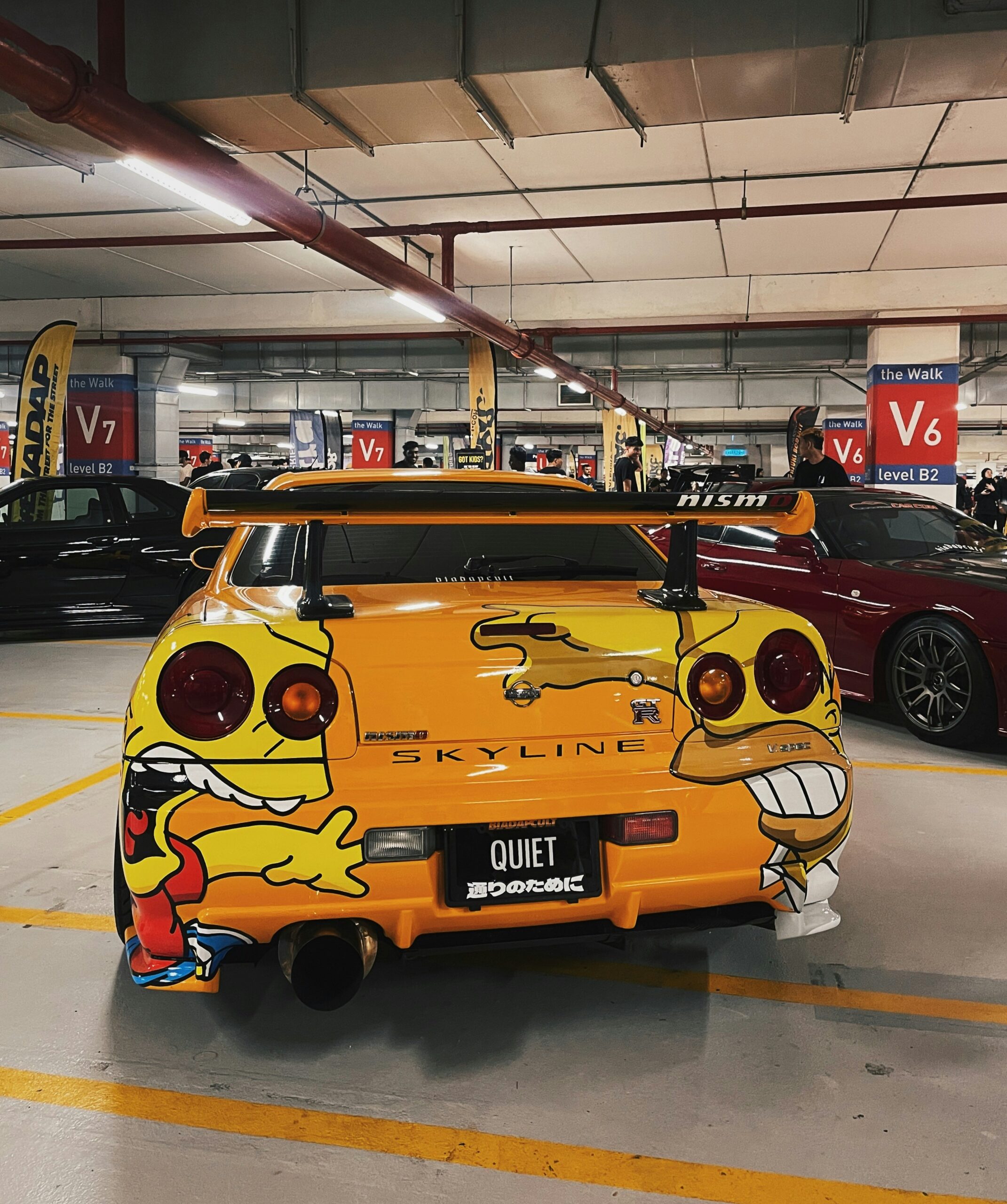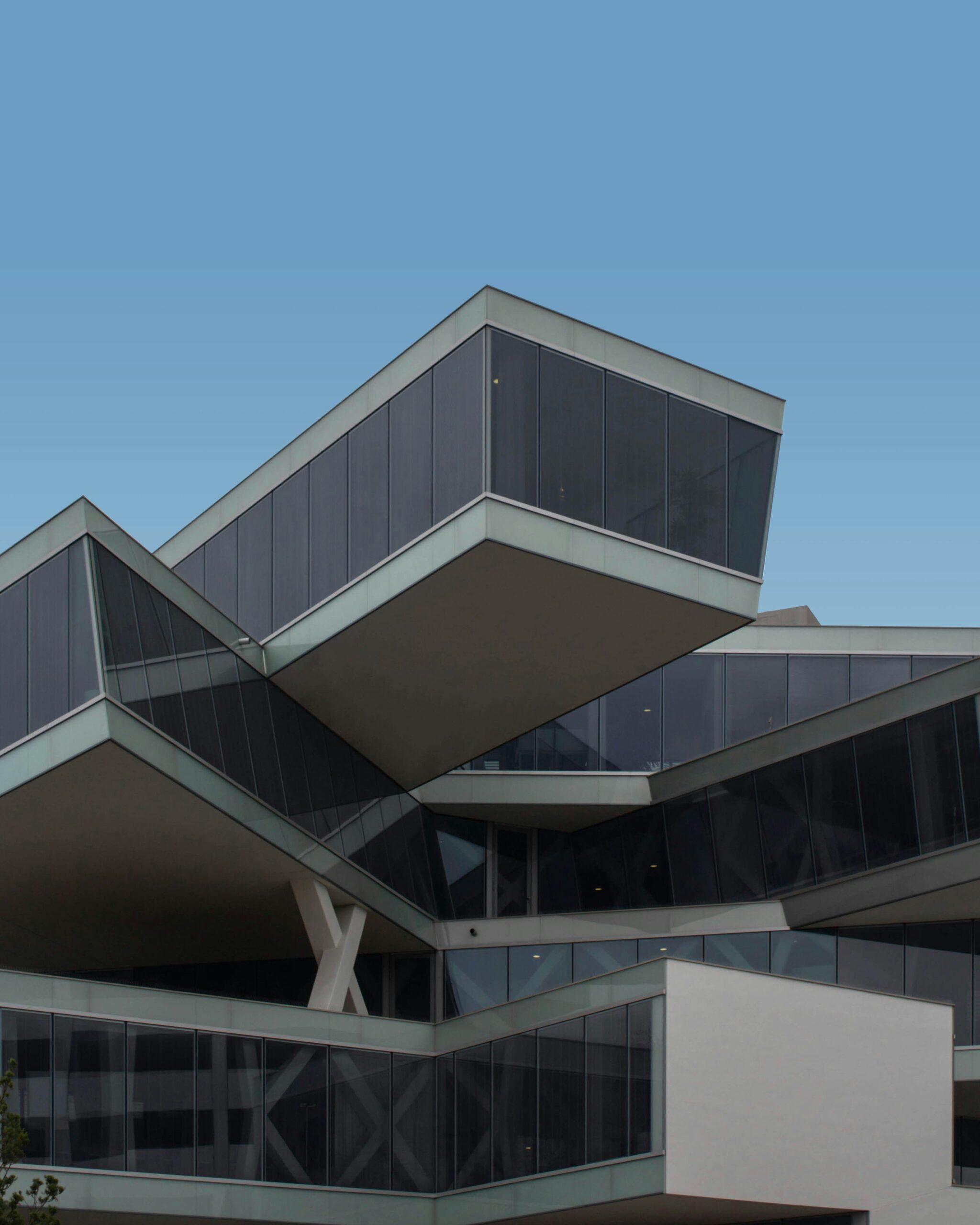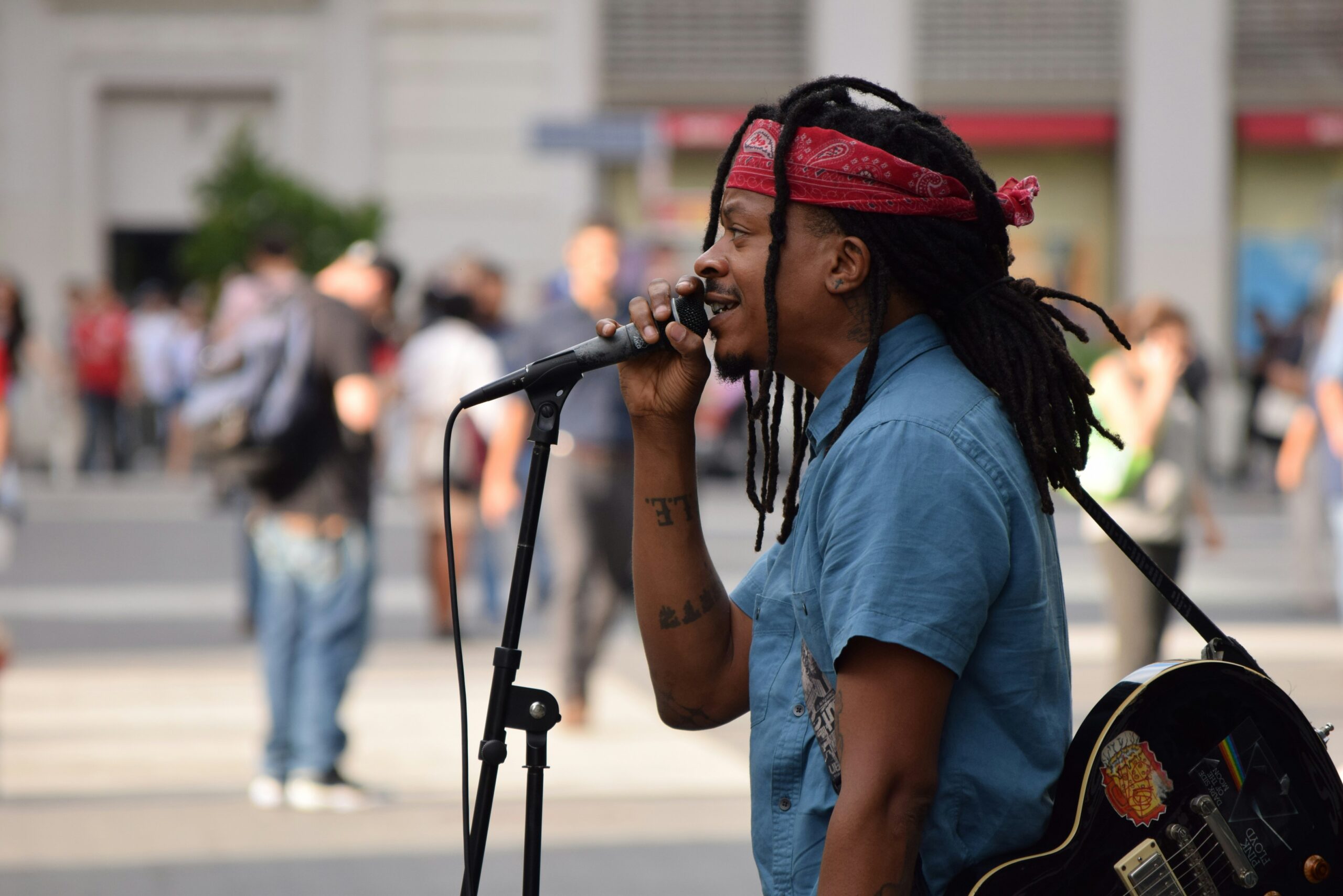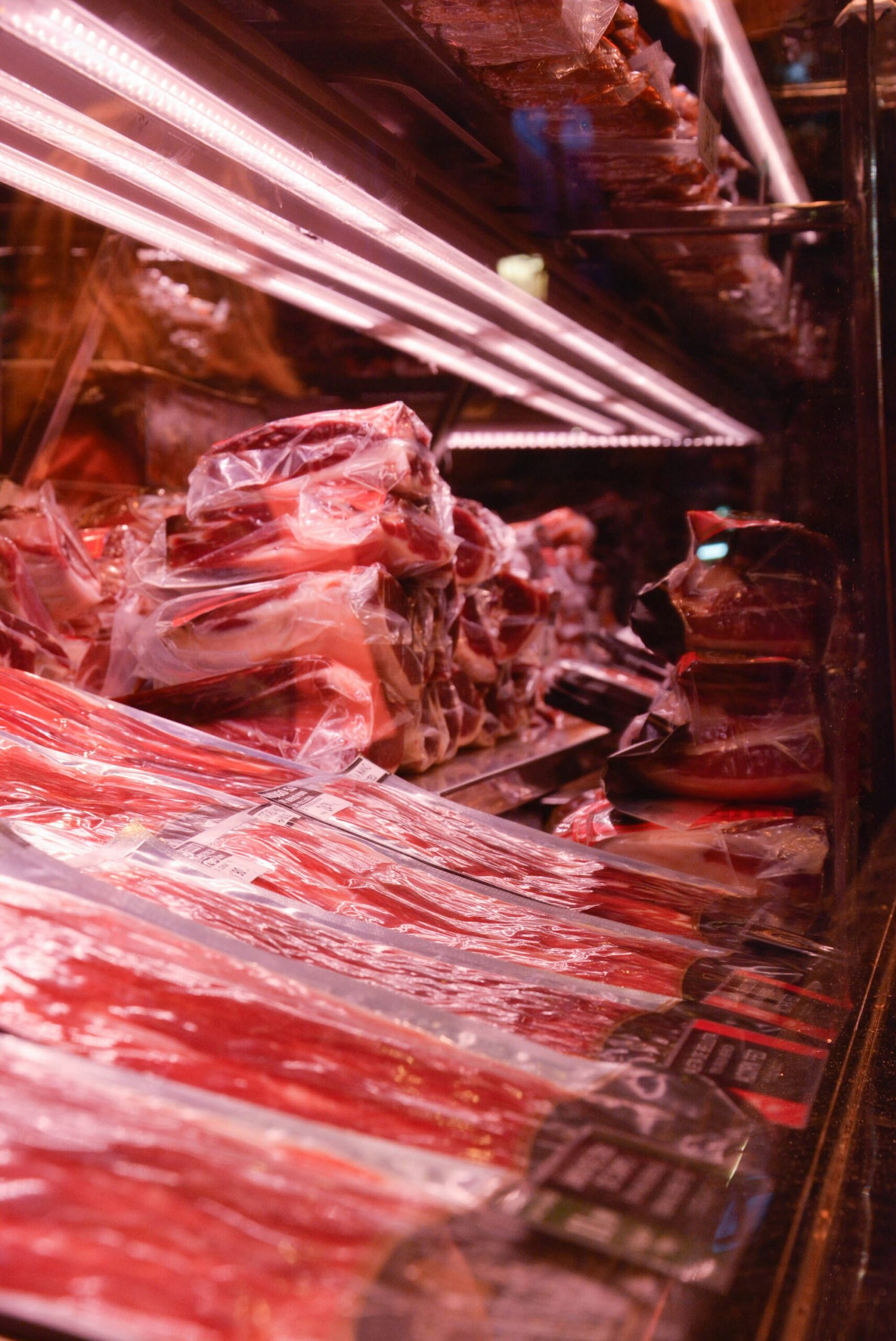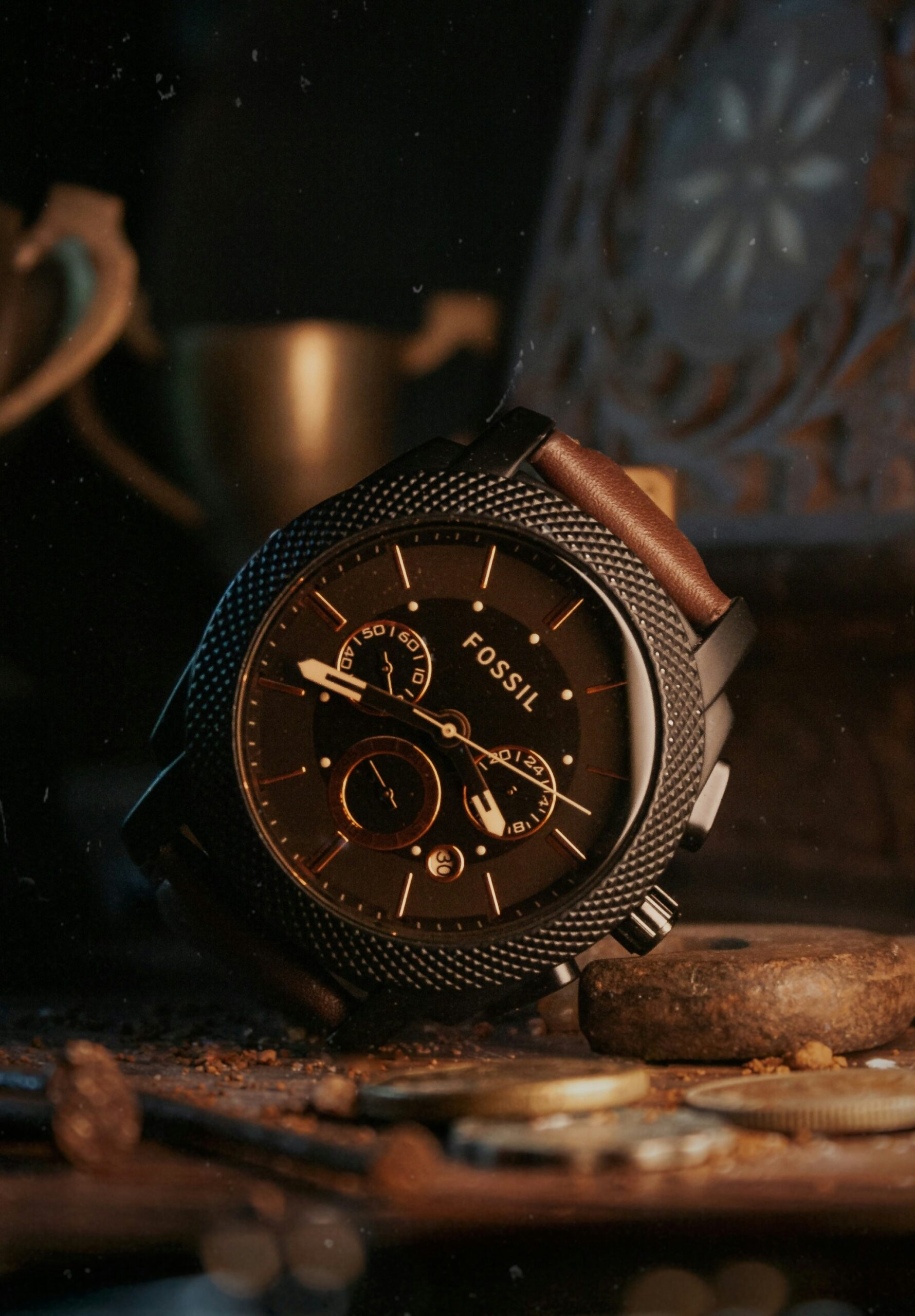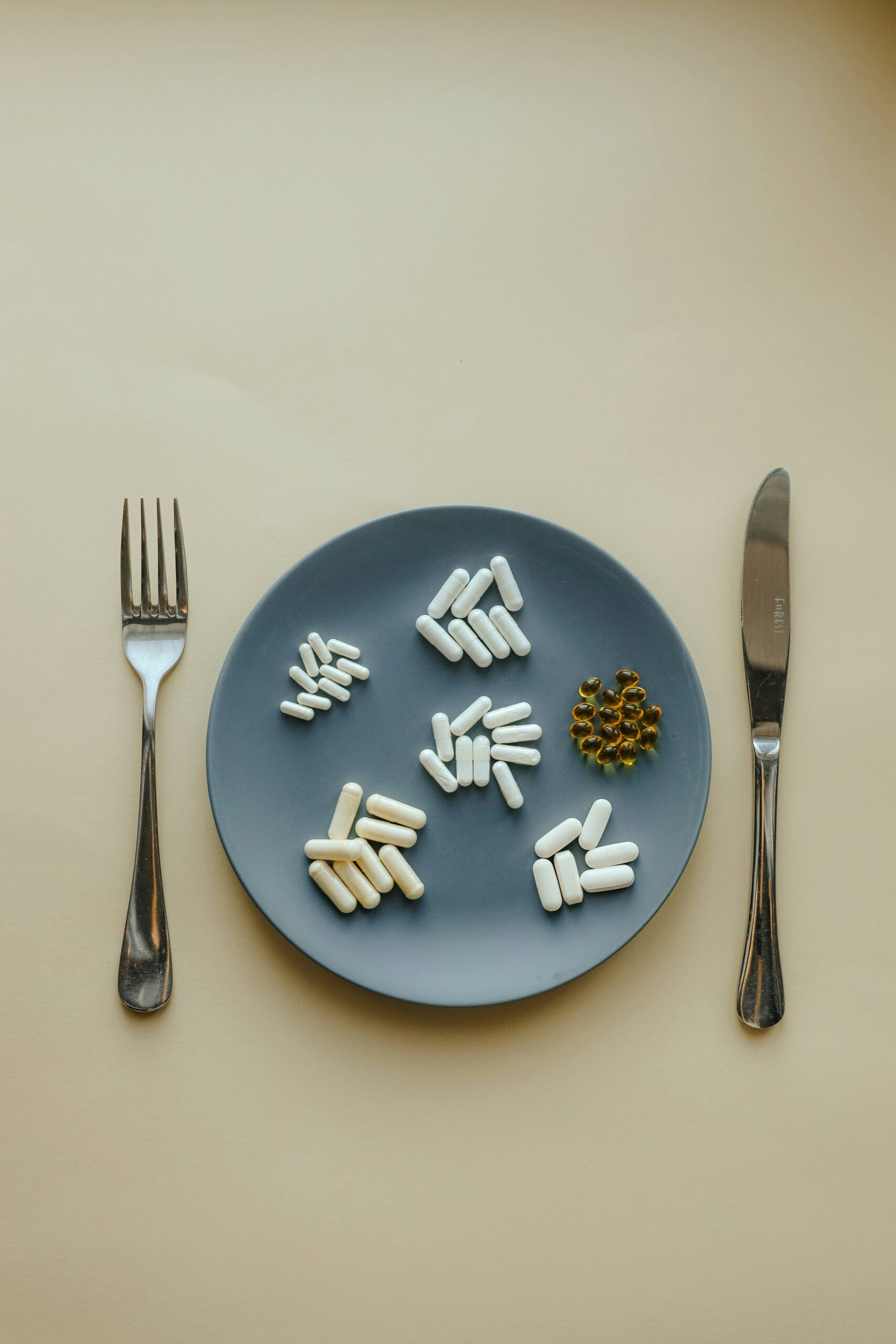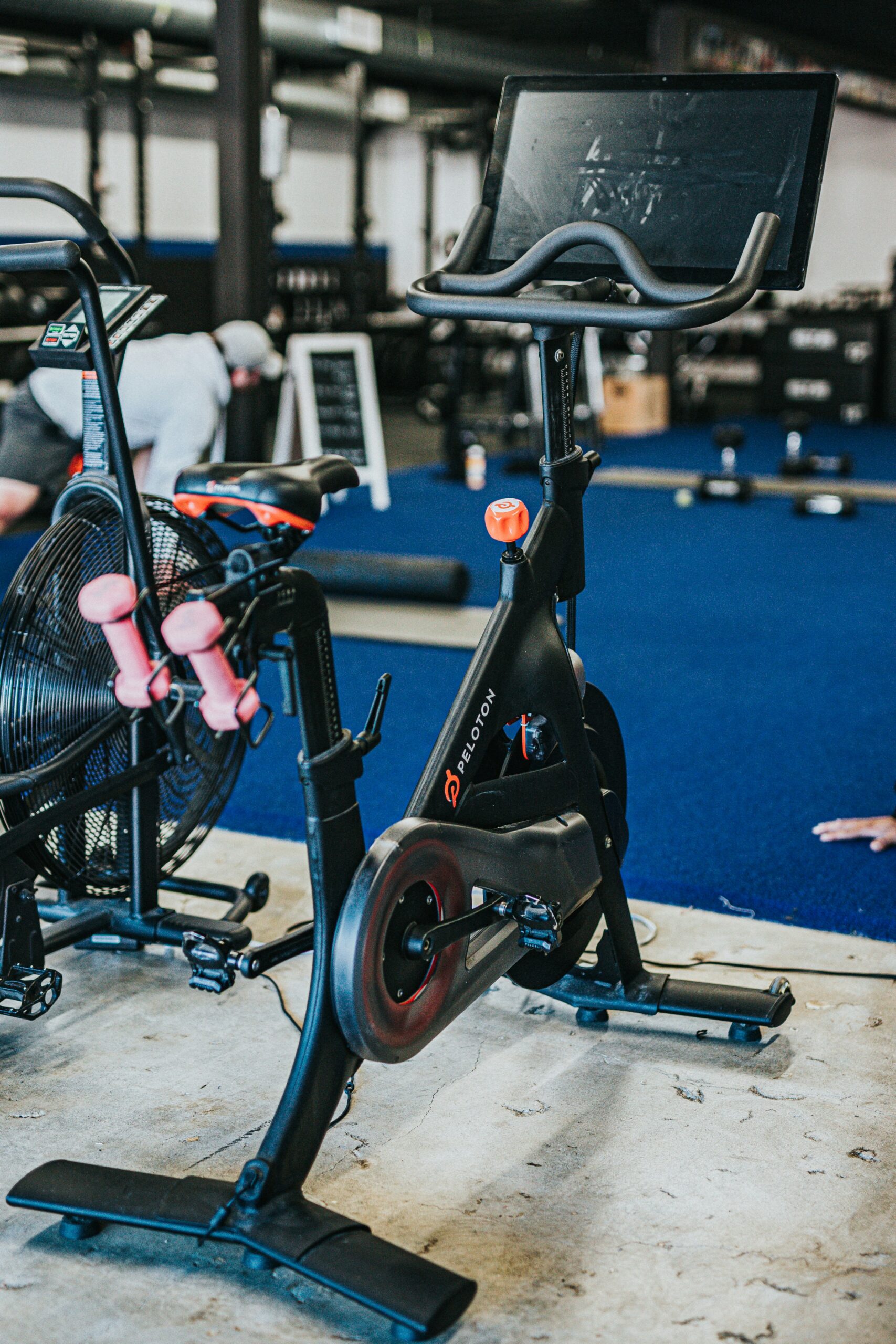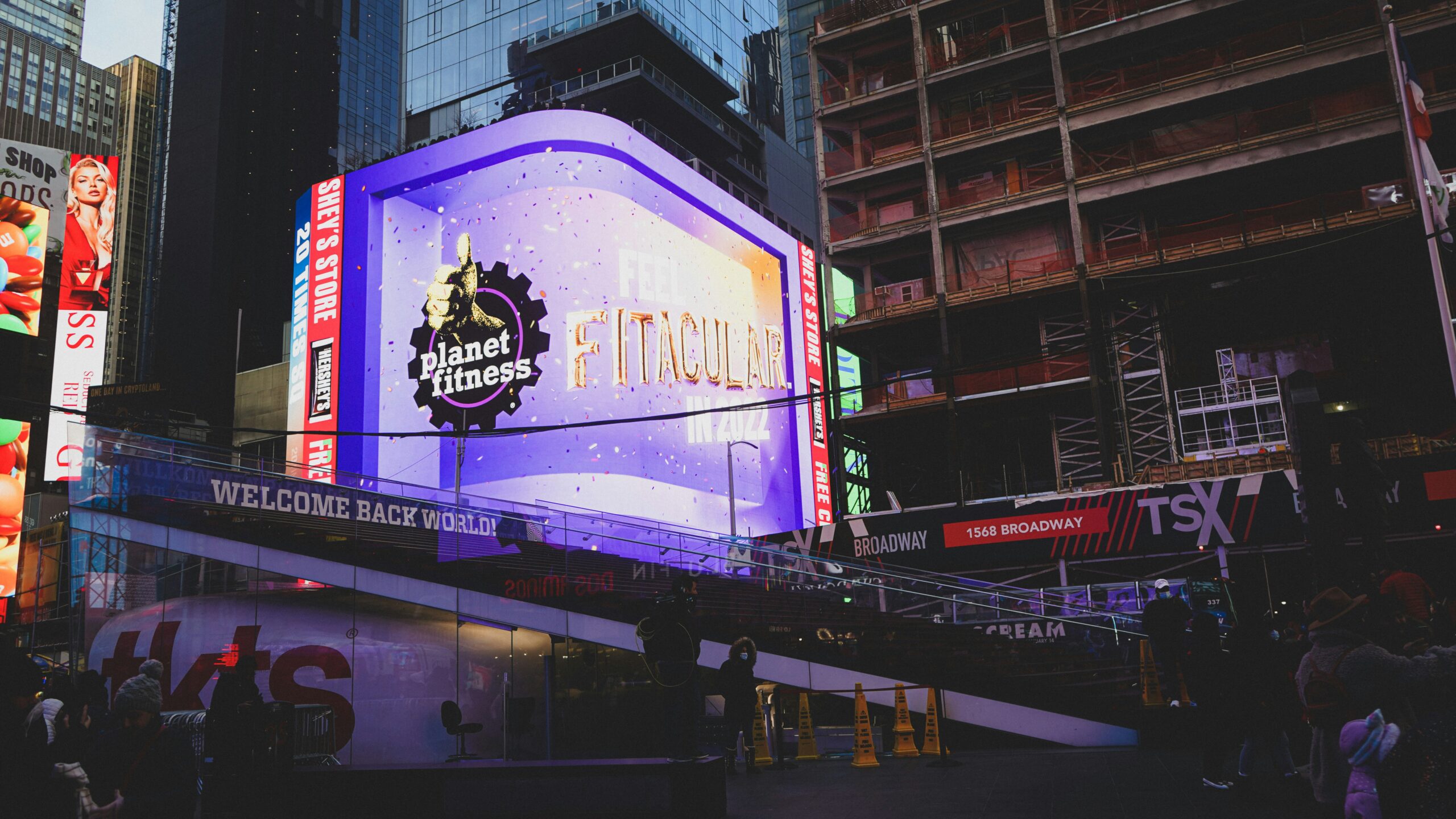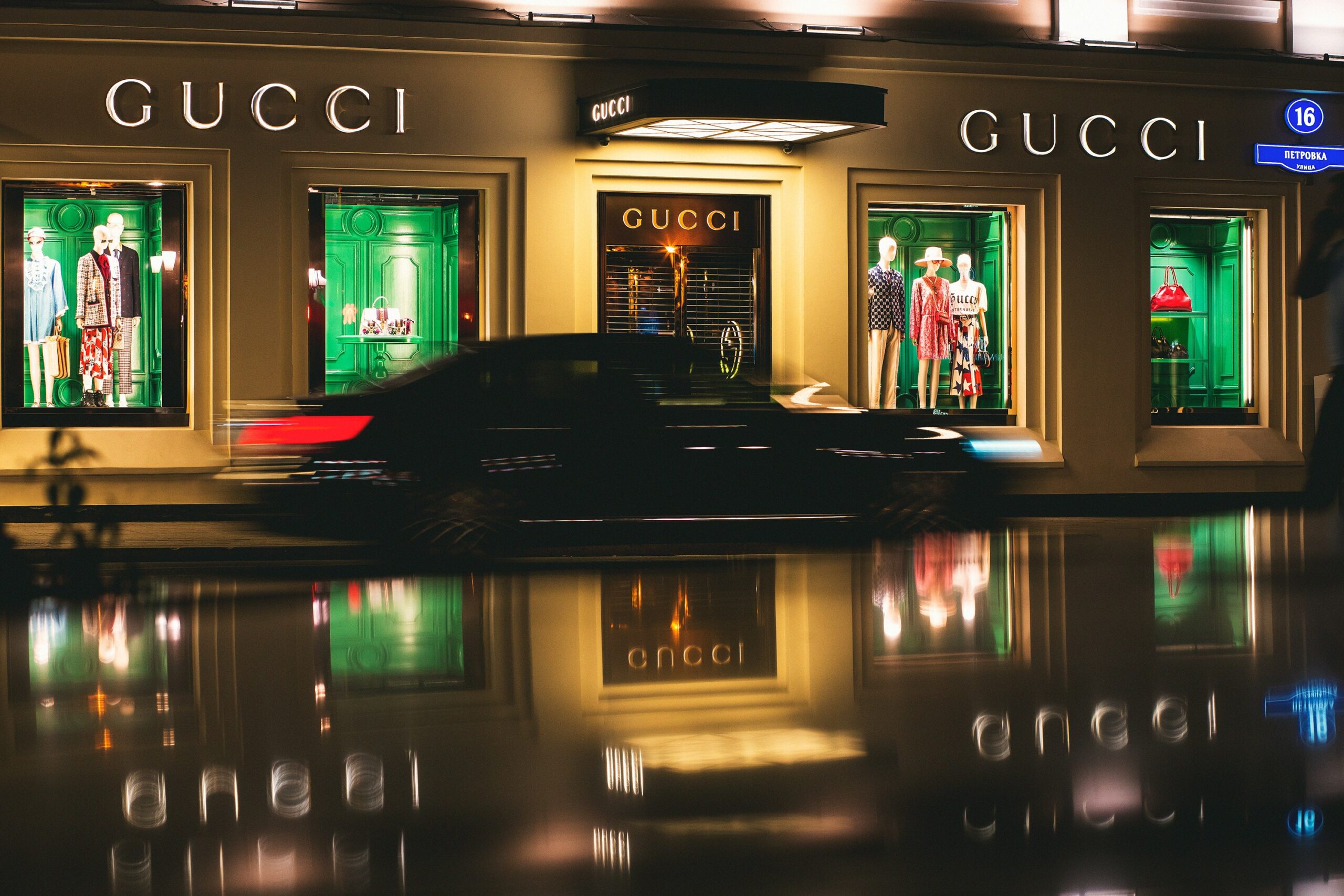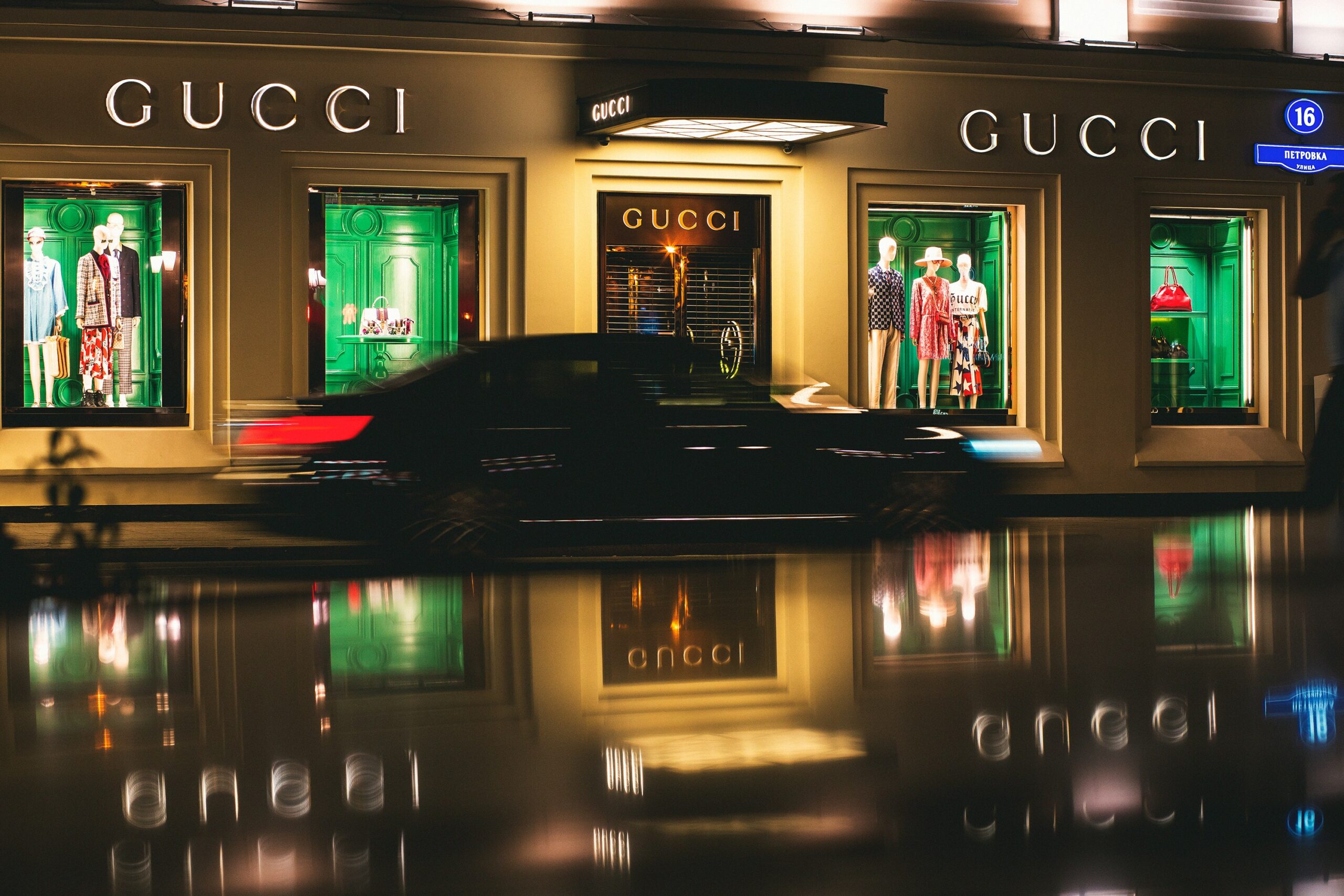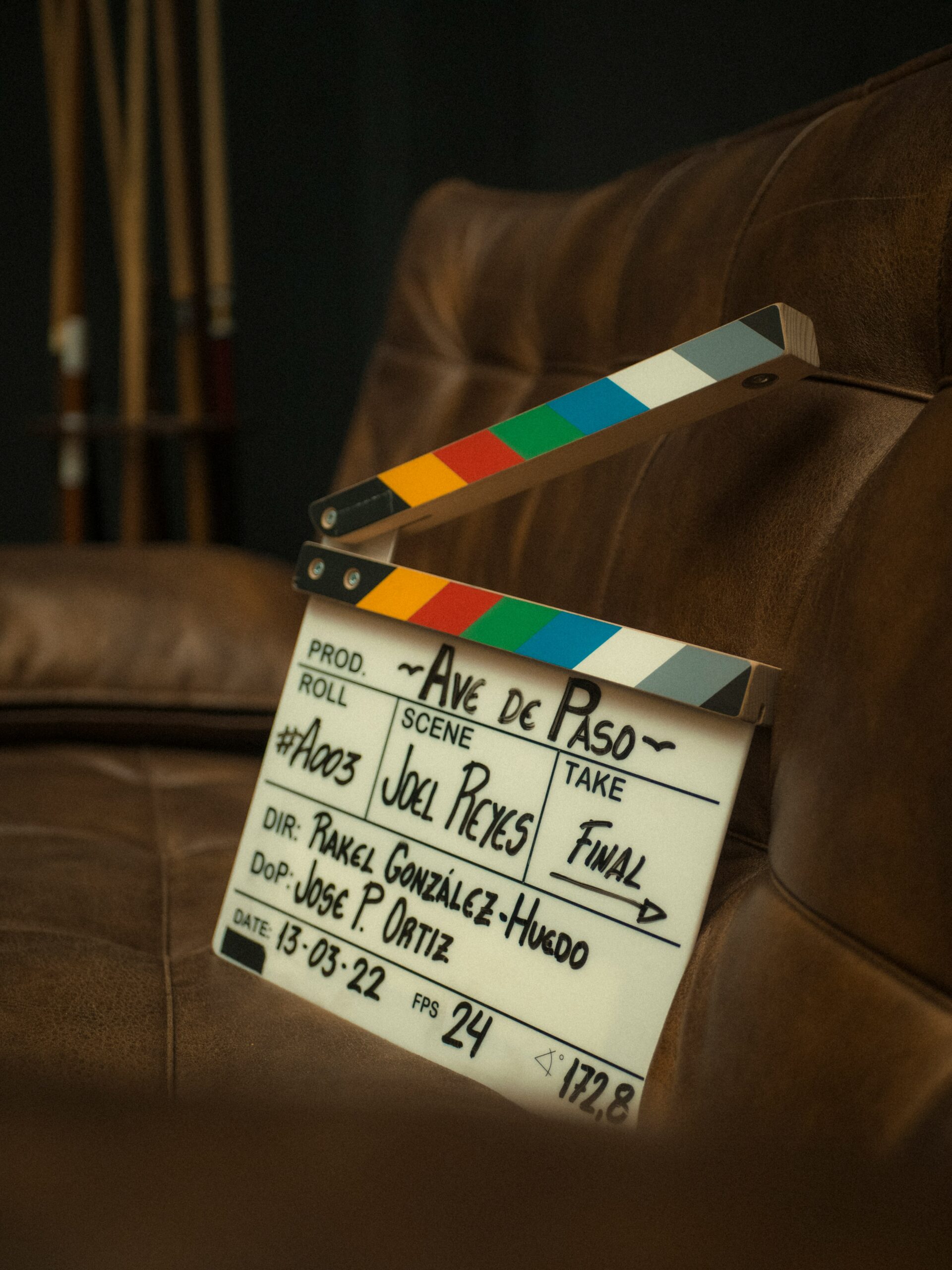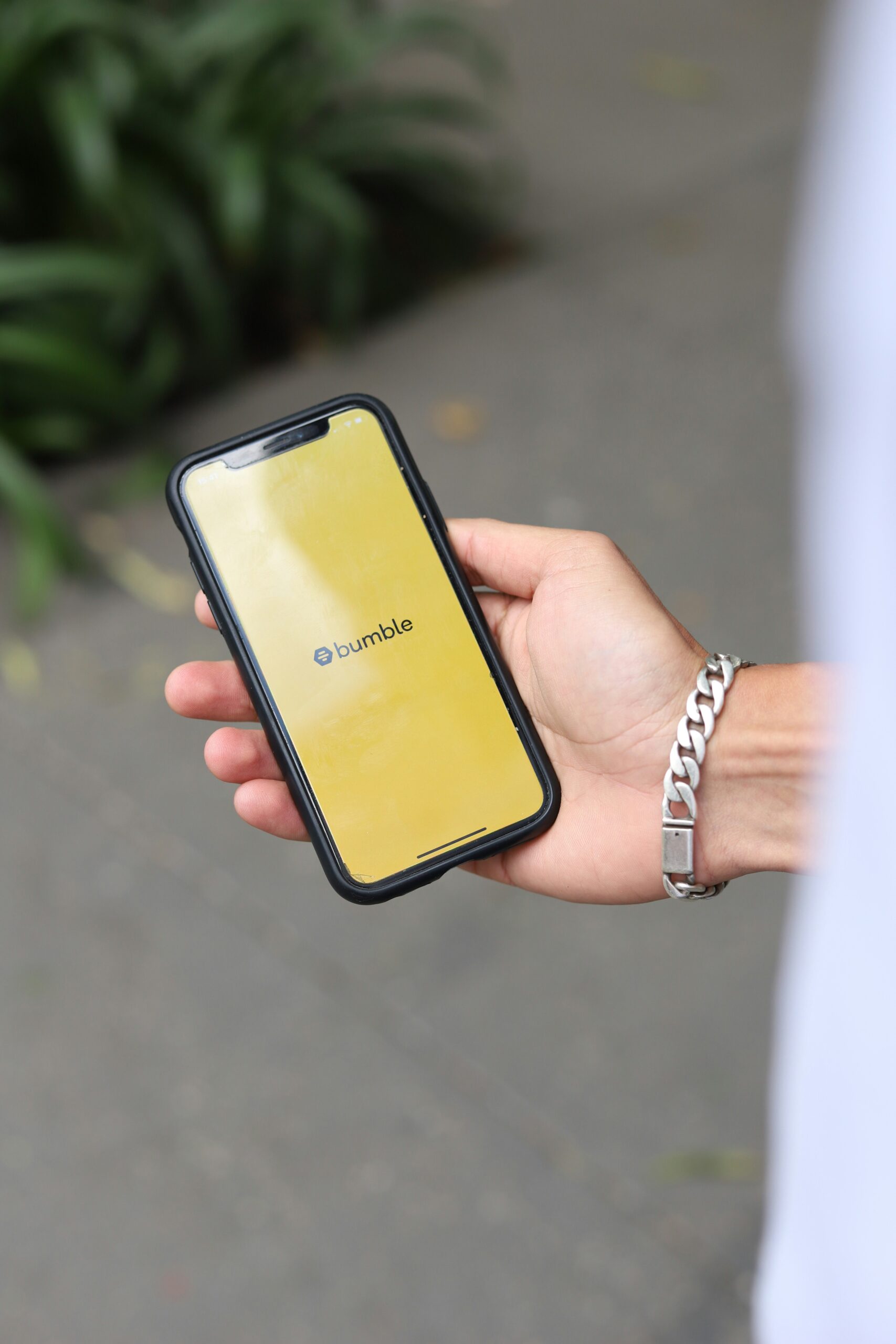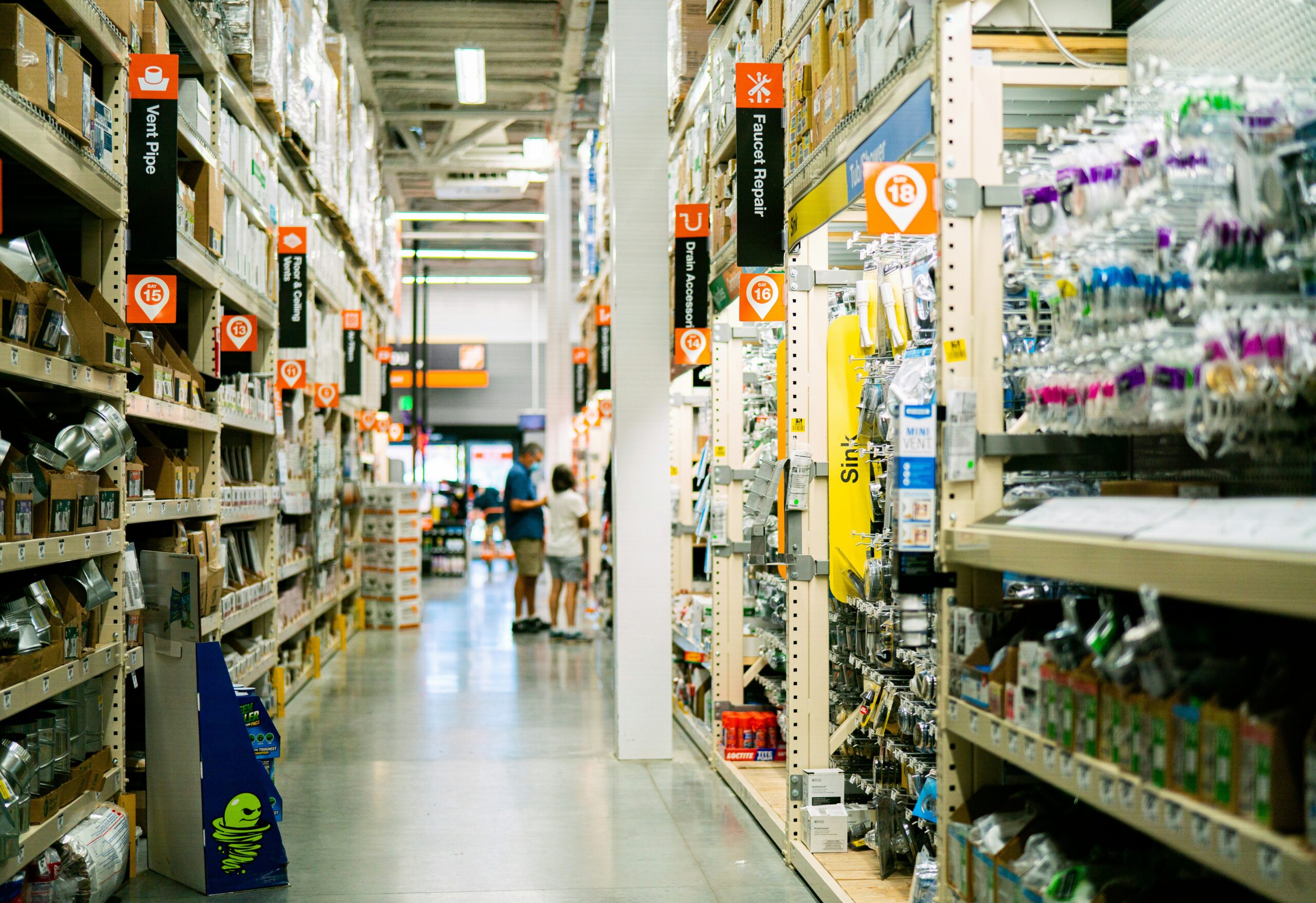Image credit: Unsplash
Each year, the fashion world operates at a quicker pace. Retailers display new styles to represent different seasons and fashion companies continually revise their offerings to meet these changing demands. In order to stay competitive, a growing number of fashion entities utilize technology.
The Role of Raspberry AI
Raspberry AI, a tech startup introduced two years ago, offers clothing designers tech solutions geared toward speeding up the development of their creations. The app allows fashion industry professionals the chance to quickly both conceptualize and see their designs come alive through the employment of a text-to-image platform.
The company’s founder Cheryl Liu, who once held the title of private equity analyst for the global investment firm KKR—before taking her talents to notable entities such as DoorDash and Amazon—possessed the wisdom to realize the value that generative AI could bring to the fashion world. Liu capitalized on the momentum created by image-generating models such as DALL-E and Stability AI, which became available over the last several years.
“For the first time in history, you could rapidly create hundreds of designs in a way that could never be done before,” Liu said in an interview with the technology news provider TechCrunch.
The Process
Prior to the invention of generative AI, designers typically had to order samples to see the fruits of their designs in some viewable form. Said undertaking often took weeks to complete.
Raspberry AI permits designers to morph their preliminary drawings into photo-driven images akin to what might appear on a company’s website. Moreover, this process enables brands to quickly decide if they wish to go forward and manufacture such products.
“You can see the same foundational piece in a set of different materials and print,” Liu said. “No company is going to order 50 different sample iterations for one single product but now they can see 50 different iterations of a single design.”
The Sweet Taste of Success
Raspberry AI gained popularity with brand names quickly. At the present time, the technology serves 70 clients, including casual and athletic wear giant Under Armour, as well as Gruppo Teddy. This Italian-based manufacturer operates more than 8,800 retail locations in nearly 40 nations. Raspberry AI also calls luxury designer MCM Worldwide a client.
The app’s immediate popularity and commercial success enabled its corporate producer to raise $24 million in Series A funds led by Andreessen Horowitz along with other investors like Greycroft, Correlation Ventures, and MVP Ventures.
“Andreessen Horowitz was interested in investing in an AI company that can accelerate the fashion manufacturing process,” said Bryan Kim, a partner with the investment firm. “We had met with multiple companies and got excited about Cheryl as a founder and how she approached building a company. Of course, it also helped that Raspberry AI has marquee clients that are very very large and important.”
The Raspberry AI Difference
Liu admits that her corporation directly competes with corporations performing similar generative AI functions such as DALL-E, Midjourney, and Adobe Firefly. That said, she believes that her company has edged ahead and her product stands out because the Raspberry AI app can both understand and accurately interpret industry-specific terminology. In addition, Liu reiterates just how crucial the app’s ability to generate future designs from mere basic sketches is.
What Does the Future Have in Store for Raspberry AI?
Liu said that Raspberry AI seeks to expand its business beyond the fashion arena in the near future. The company intends to use a portion of the funding it has received to retain the services of specialized professionals such as engineers, salespersons, and marketers to branch out into disciplines such as home, furniture, and cosmetics product design.
